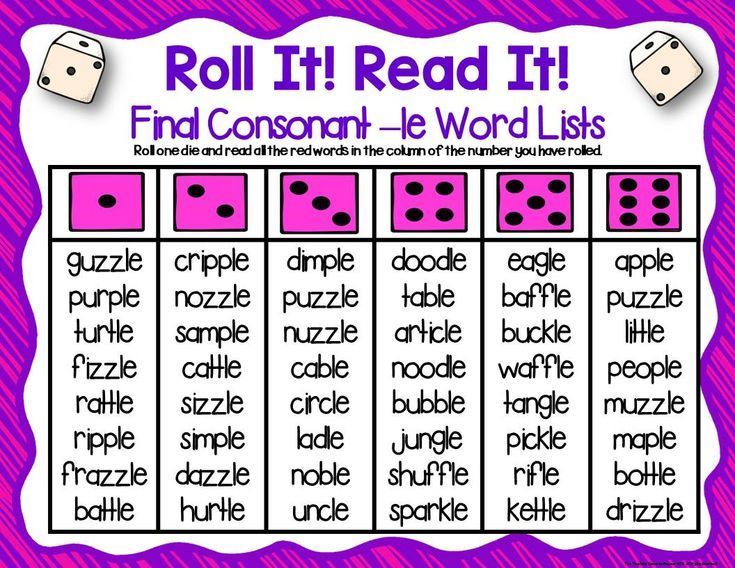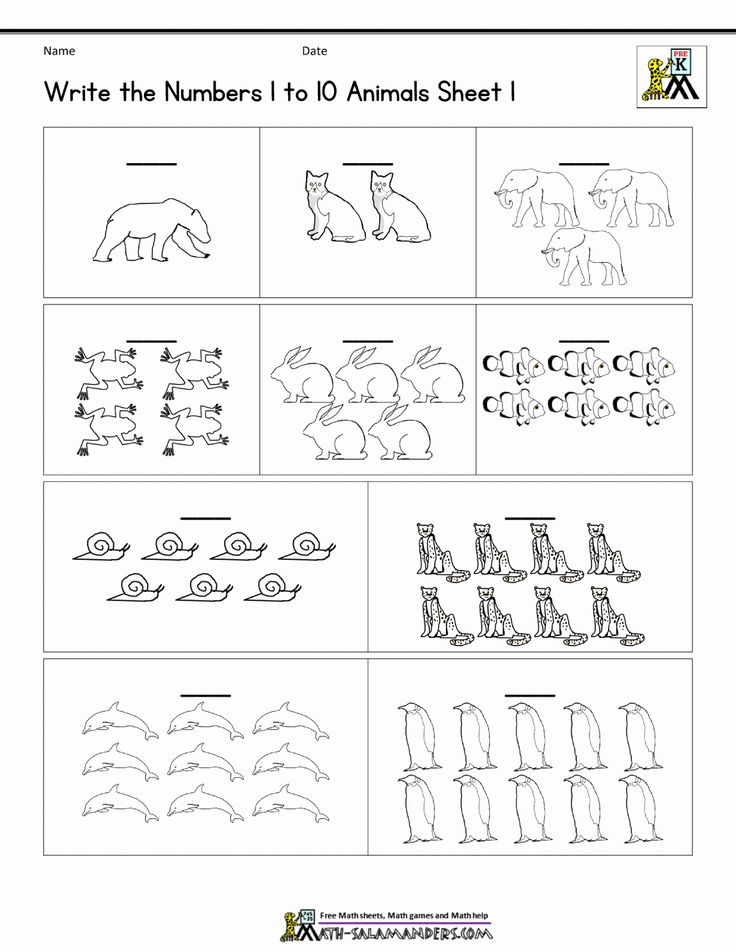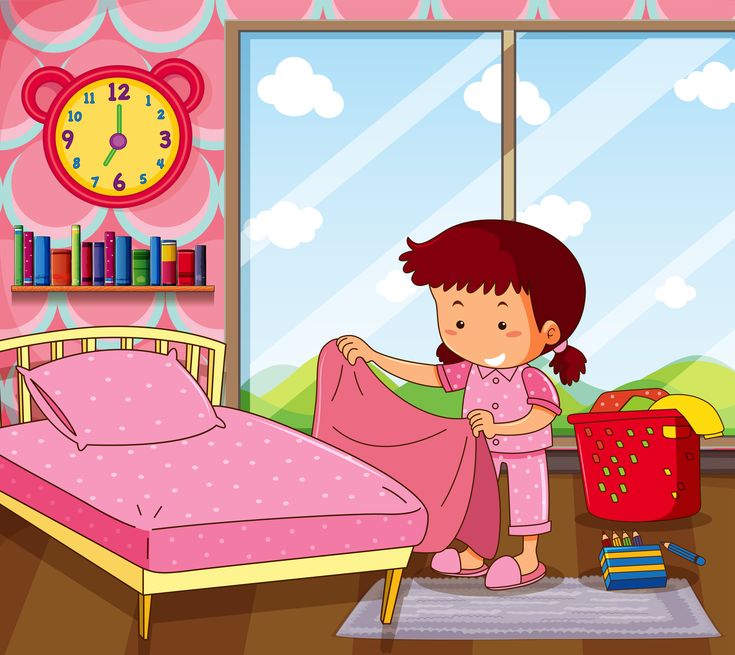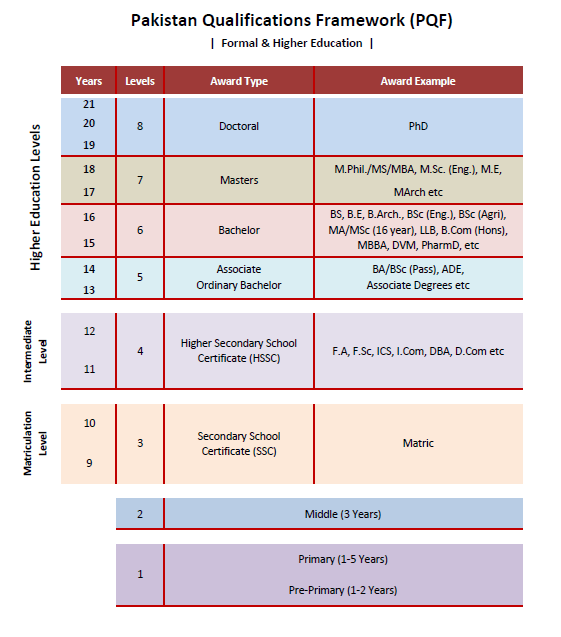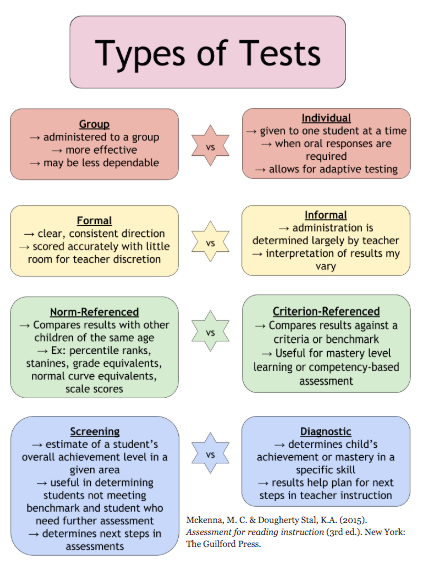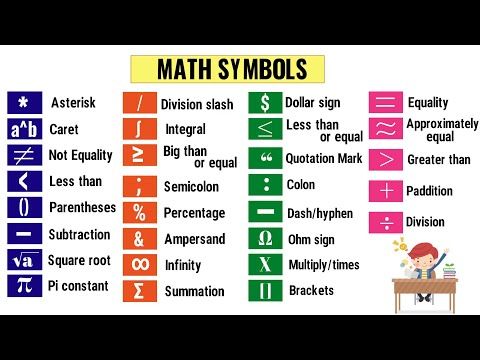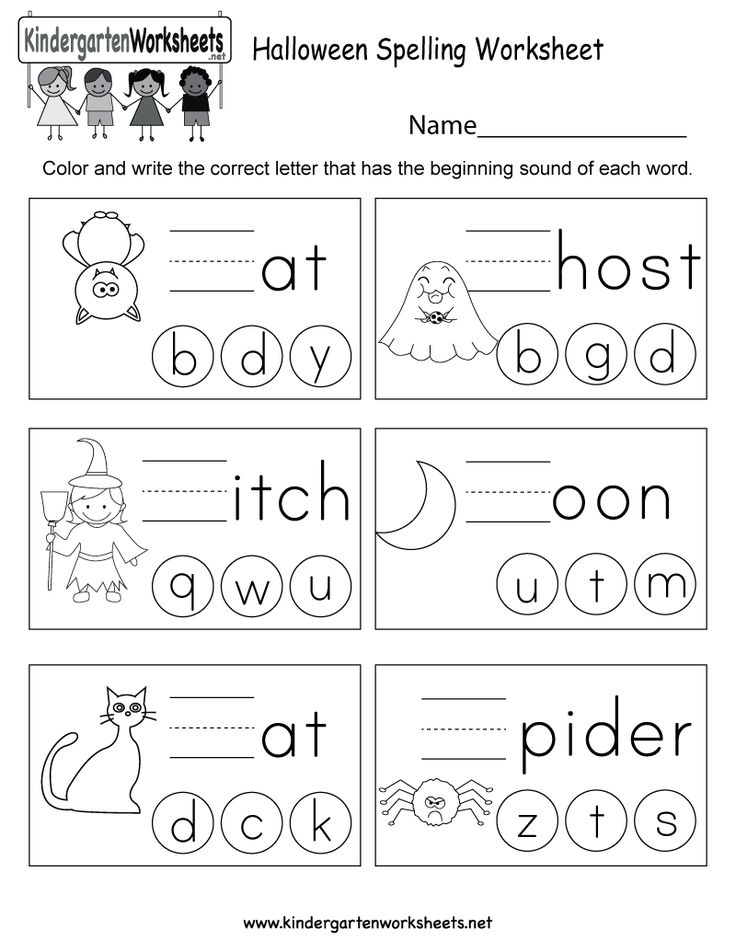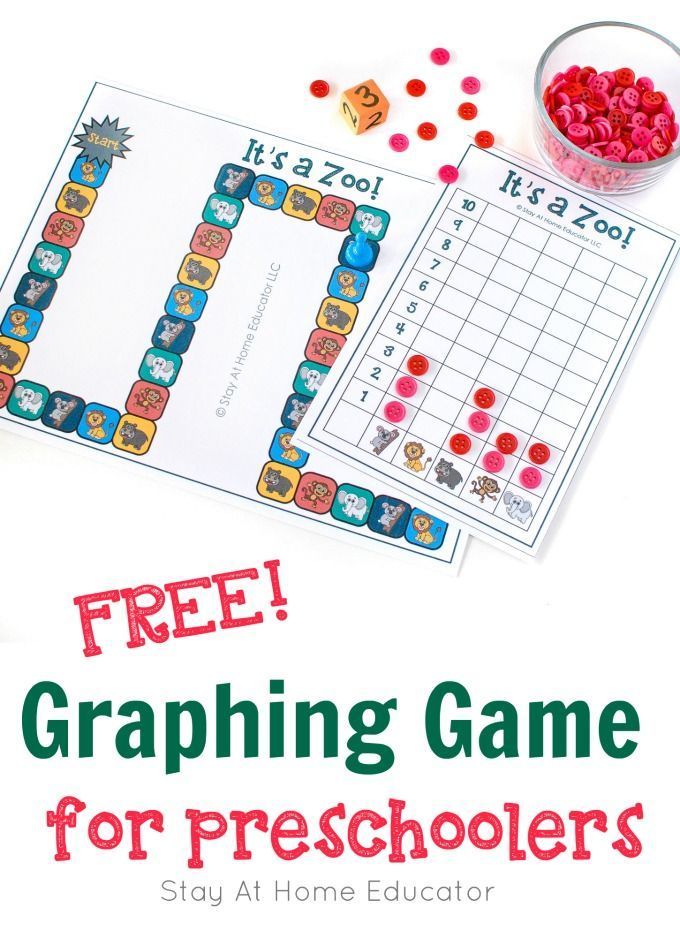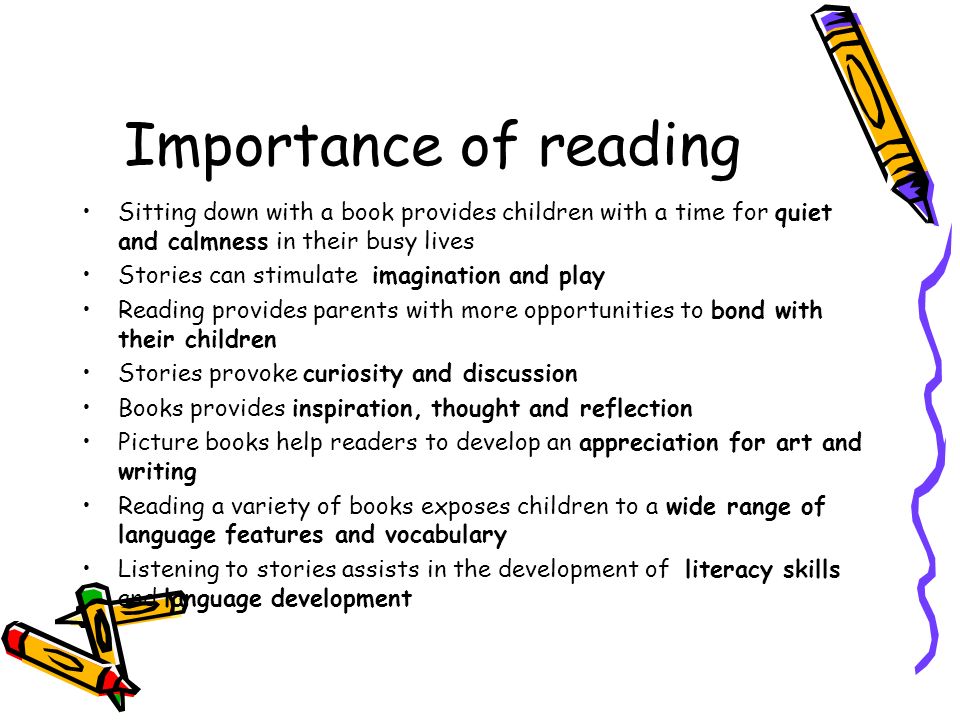Sight words card games
20 Sight Word Games, Activities, and Reading Ideas
If your child is learning to read, then you know that sight words are high-frequency words common in most text, words like the, and, they, or she. Knowing these words at a glance makes reading easier. Here you’ll find sight word games, apps, multi-sensory activities, and reading ideas. I recommend trying multiple approaches to engage your child’s different modalities of learning these words.
Also, it’s important to note that schools generally use either the Dolch or the Fry Sight Word lists. The lists are slightly different so make sure you know which one to use.
GAMESGames bring an element of fun and playfulness to learning. Since many of these games ask for sight word playing cards, make your own using index cards or download free printable cards here for the Dolch list and here for the Fry list.
Memory
Make your own card deck with two of each sight word. Shuffle. Place the cards face down in rows. When it’s your turn, turn over two cards and try to get a matching pair. If you don’t have a match, turn the cards back over. The winner is the player with the most pairs. (See example on Frogs, Snails and Puppy Dog Tails.)
Bingo
Download premade bingo cards grouped by levels of sight words here. Or, make your own bingo cards with the specific group of words your child is learning.
Scavenger Hunt
Make a list of sight words and a corresponding sticky note for each word on the list. Have your child find the sticky note somewhere in your house and match the word with the corresponding word on the master list.
Go Fish
We played this game a lot when my youngest learned her words. Make a set of sight word pairs (or make four like the original game) for each word. You’ll probably want at least 30 cards. Deal out five cards to each player. Play using the Go Fish rules — either looking for two or four cards to make a set.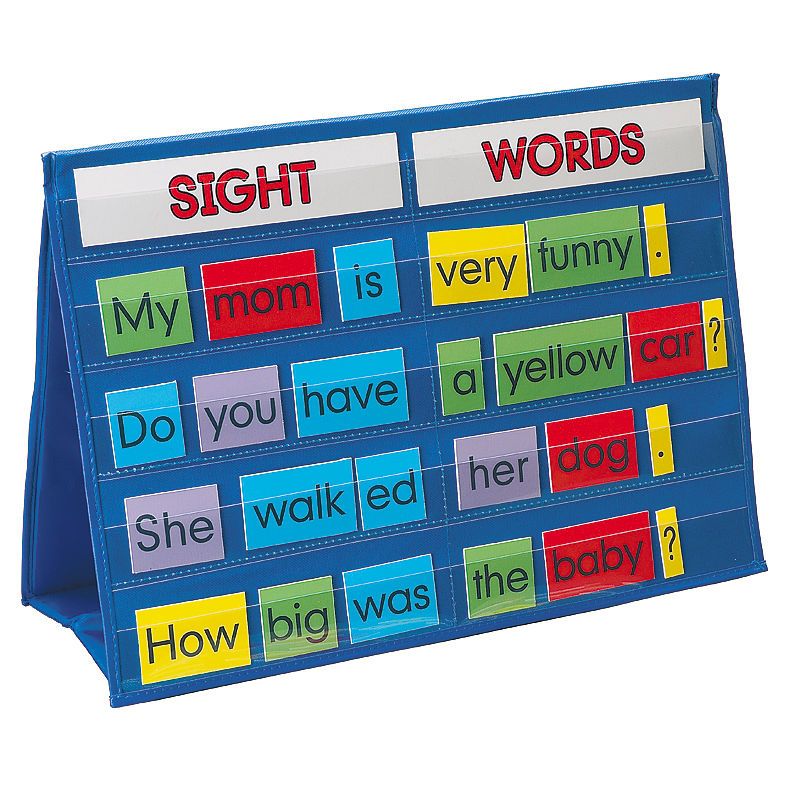
Ukloo
We love this store-bought treasure hunt because it helps kids practice reading sight words. The game clues come in three levels, each has clues written primarily with sight words. We made it inexpensive by finding the silliest “treasures” we could find such as a gum wrapper or paper clip.
Zingo!
Kids won’t even care they’re practicing sight words because this Bingo game makes practice such a blast.
Technology often motivates kids to learn, which is why sight word apps can be a helpful tool. Try these learning apps and see which one your child enjoys most.
Bob Books Reading Magic Sight Words
Read the highlighted word in a sentence and practice writing by dragging the letters to the spaces at the bottom.
Gappy Learns Reading
Fill in the missing letter or letters to make bridges for the rabbit to cross and get home. Includes both three letter words and sight words.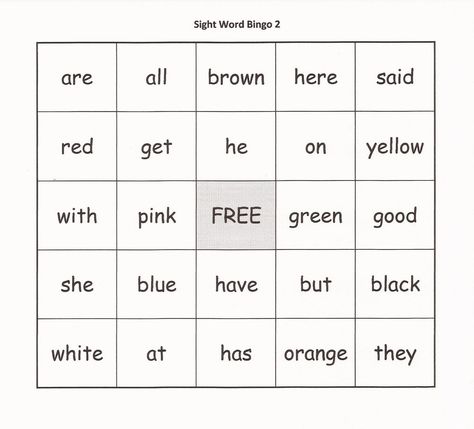
The Sight Word Adventure
Play 10 fun games such as whack-a-mole, letter scramble, and hide-and-seek to practice 320 sight words at five levels.
Sight Word Games
With a section for learning and one for playing games, this new app from This Reading Mama gives kids more ways to practice their words, including Hangman and Bingo.
Sight Word Bingo
My kids loved the cute monsters in this entertaining Bingo game that uses the Dolch words.
We have many senses other than our visual and auditory senses that can be engaged for optimum learning. These activities add in movement and touch.
Chants
With these chants, your child will work to learn the words while moving and acting like an animal.
Play Dough Mats
Using play dough and a sight word mat, make the letters of each sight word. Then write the words below.
Magnet Letters
Make your sight words on a magnetic surface using magnetic letters.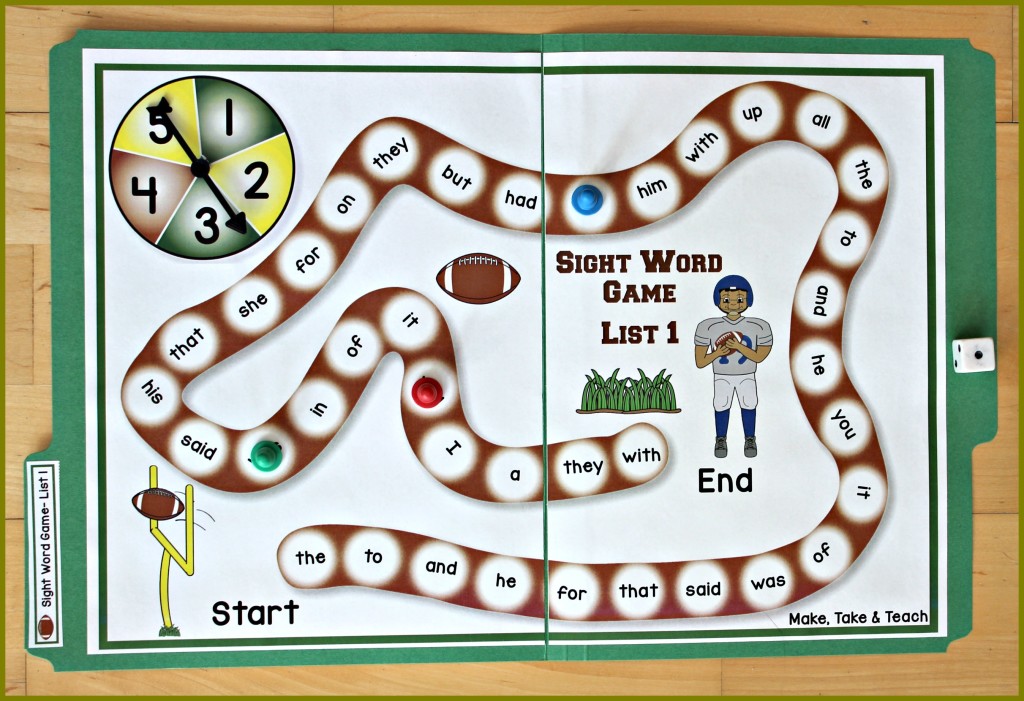
Wikki Stix or Pipe Cleaners
Build your sight words using Wikki Stix or pipe cleaners.
Beads
Practice your words by threading letter beads onto pipe cleaners to make each one.
Flash Cards
You’ll want a list of the words your child needs to learn so that you can make your own flash cards or buy them. Then tackle a few each day. When your child has learned a word, post it on a wall to celebrate. Soon you’ll have a wall filled with words they can read!
Bob Books
Bob Books are short leveled books that help children learn a few words at a time, practice those words in the books, and then move on to reading more. We found them to be a very helpful resource.
Sentence Cards
These are printable cards with a sight word and the sight word used in a short sentence. They don’t just increase a child’s sight word bank, they also improve reading skills too.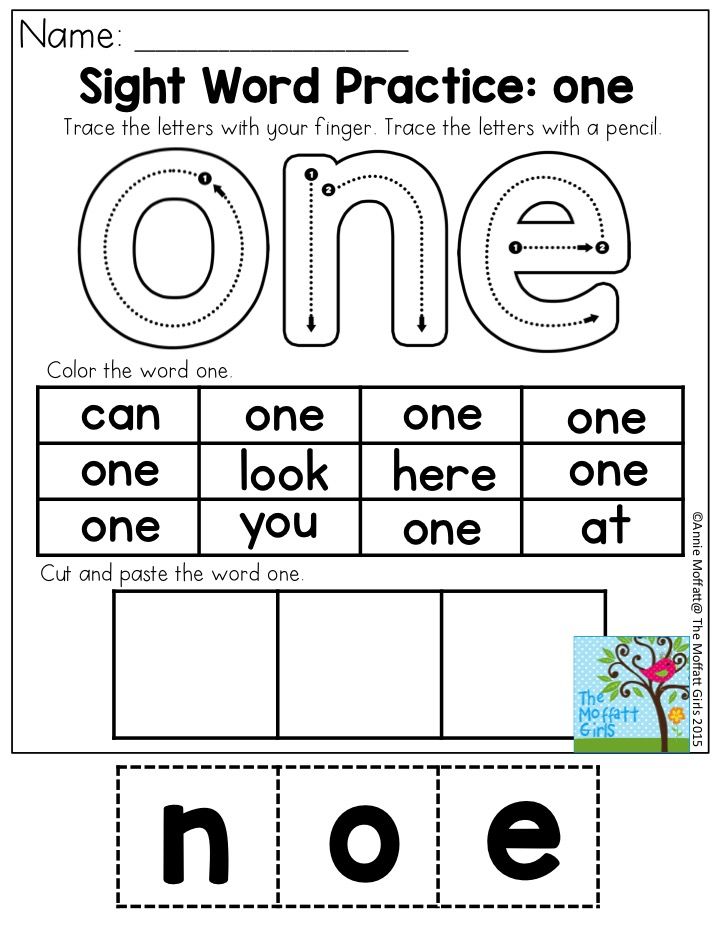
Printable Leveled Booklets
These are short, printable books that you can download for free or for a small price that are text controlled. In other words, you can choose the appropriate reading level with what specific sight words your child needs to learn.
Have other tips for how to help kids learn sight words? Share in the comments below.
Sight Words Last Card | Sight Words: Teach Your Child to Read
- Overview
- Materials
- Activity
- Confidence Builder
- Variation
- Printable Last Card Cards
- Questions and Answers
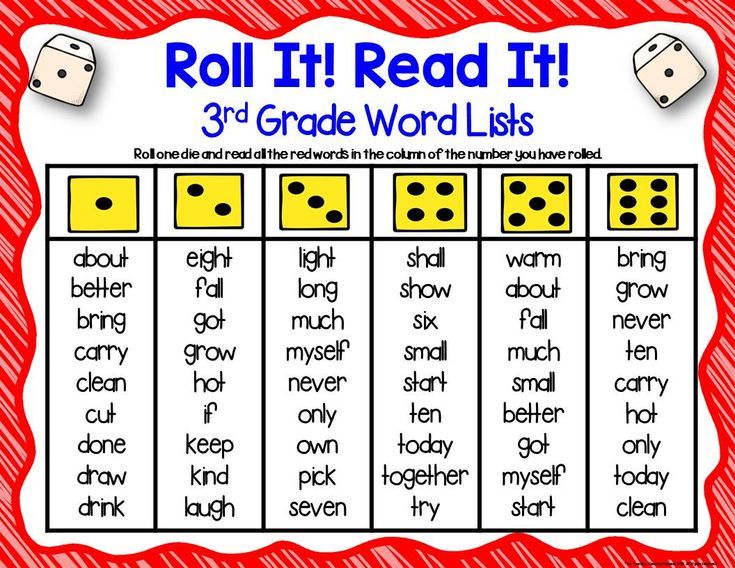 This game is best for older kids who are familiar with the rules of UNO.
This game is best for older kids who are familiar with the rules of UNO. Image: Sight Words Last Card
↑ Top- Sight Words Last Card cards
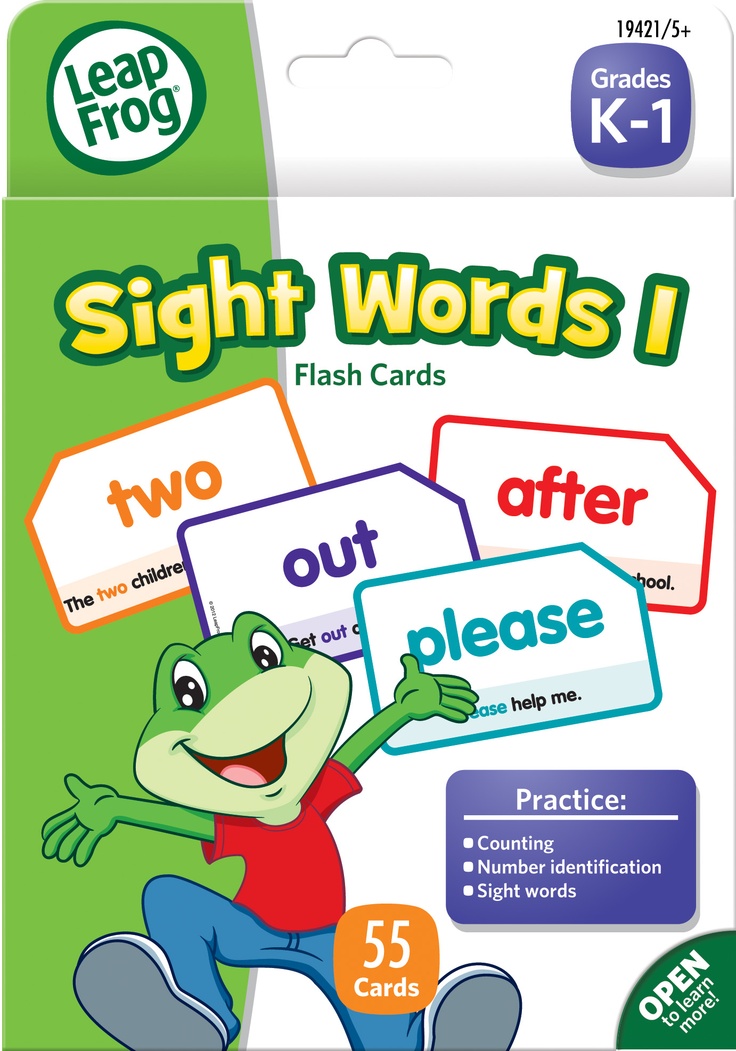 If she cannot read the word correctly within a few seconds, go through our sight words correction procedure to review and reinforce the correct word. She must keep the card in her hand and let Player B take a turn. The special cards (Skip, Draw 2, Reverse, and Wild cards) add some excitement and variety to the game. A Wild card may be played on top of any card. The other special cards must match the color of the previously played card or be the same type of special card. Here’s how they work:
If she cannot read the word correctly within a few seconds, go through our sight words correction procedure to review and reinforce the correct word. She must keep the card in her hand and let Player B take a turn. The special cards (Skip, Draw 2, Reverse, and Wild cards) add some excitement and variety to the game. A Wild card may be played on top of any card. The other special cards must match the color of the previously played card or be the same type of special card. Here’s how they work: - Skip Card — If Player A plays a Skip Card, then Player B’s turn gets skipped and it is Player C’s turn (or Player A’s turn if there are just two players). Player B cannot cancel a Skip Card by playing another Skip Card, but Player C could then play another Skip Card of a different color.
- Draw 2 Card — If Player A puts down a Draw 2 Card, then Player B must draw two new cards from the face-down stack. Player B does not get to play a card until his next turn.
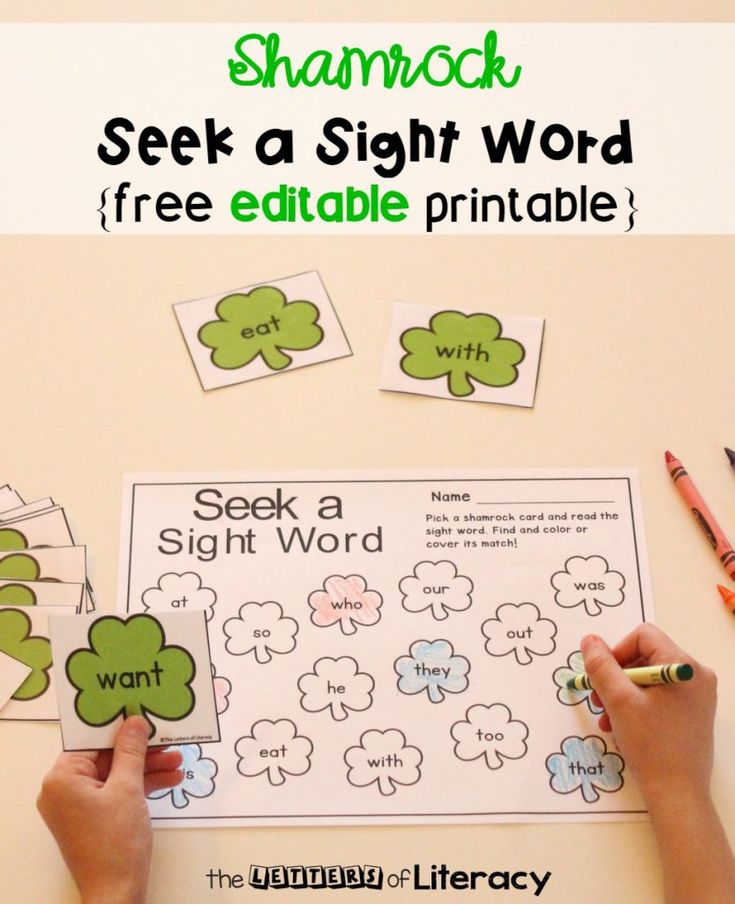 Player B cannot cancel a Draw 2 Card by playing another Draw 2 Card, but Player C could then play another Draw 2 Card of a different color.
Player B cannot cancel a Draw 2 Card by playing another Draw 2 Card, but Player C could then play another Draw 2 Card of a different color. - Reverse Card — If Player A plays a Reverse Card, the direction of play changes, and the previous player gets another turn. If there are only two players, then a Reverse card doesn’t change anything.
- Wild Card — A Wild Card can be played on top of any other card. If Player A plays a Wild Card, she calls out one of the four colors. Then Player B must play a card of that color.
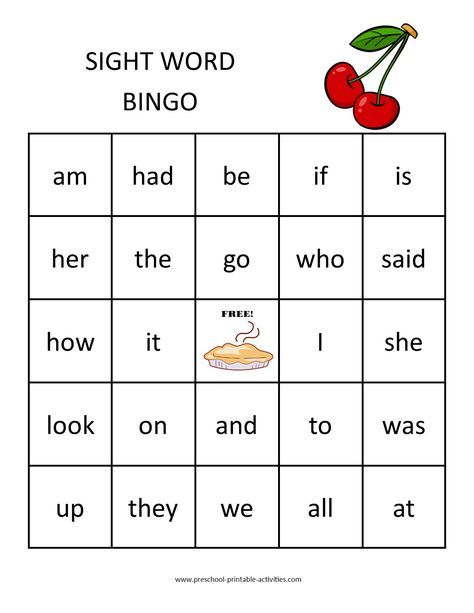 The first player to play her last card is the winner of the game. NOTE: If there is a word that no player can read correctly, the adult should set the card aside as a reminder to work on that word in the next day’s lesson. ↑ Top If the children struggle with the complexity of the rules, remove all the Skip, Reverse, and Draw 2 cards to simplify the game. ↑ Top Tell children they can match one card to the next by something besides color or number, such as the first or last letter of the word, or the number of syllables. ↑ Top Create your own custom Last Card cards.
The first player to play her last card is the winner of the game. NOTE: If there is a word that no player can read correctly, the adult should set the card aside as a reminder to work on that word in the next day’s lesson. ↑ Top If the children struggle with the complexity of the rules, remove all the Skip, Reverse, and Draw 2 cards to simplify the game. ↑ Top Tell children they can match one card to the next by something besides color or number, such as the first or last letter of the word, or the number of syllables. ↑ Top Create your own custom Last Card cards. 6.1 Dolch Sight Words Templates
- Pre-K Dolch Words (40 words)
- Kindergarten Dolch Words (52 words)
- 1st Grade Dolch Words (41 words)
- 2nd Grade Dolch Words (46 words)
- 3rd Grade Dolch Words (41 words)
- Noun Dolch Words (95 words)
6.2 Fry Sight Words Templates
- 1st 100 Fry Words (100 words)
- 2nd 100 Fry Words (100 words)
- 3rd 100 Fry Words (100 words)
- 4th 100 Fry Words (100 words)
- 5th 100 Fry Words (100 words)
- 6th 100 Fry Words (100 words)
- 7th 100 Fry Words (100 words)
- 8th 100 Fry Words (100 words)
- 9th 100 Fry Words (100 words)
- 10th 100 Fry Words (100 words)
6.
 3 Top 150 Written Words Templates
3 Top 150 Written Words Templates- 1st 50 Words (50 words)
- 2nd 50 Words (50 words)
- 3rd 50 Words (50 words)
6.4 Blank Last Card Templates
- Blank Last Card Templates (Write in your own words)
These materials are provided under the Creative Commons Attribution 3.0 Unported License. Essentially, this means you can do whatever you want with the resources, provided you leave the attribution hallmark on the resources. You may use these materials in the classroom, at home, as part of a for-profit tutoring business, or for any other purpose. (Except starting forest fires. That’s bad.) You do not need to contact us for permission to use the materials. We want you to use them!
↑ TopLeave a Reply
"Blind Gaming" - DTF Games
How visually impaired people play.
8145 views
From school, we are told that a person has five senses: sight, hearing, smell, touch and taste.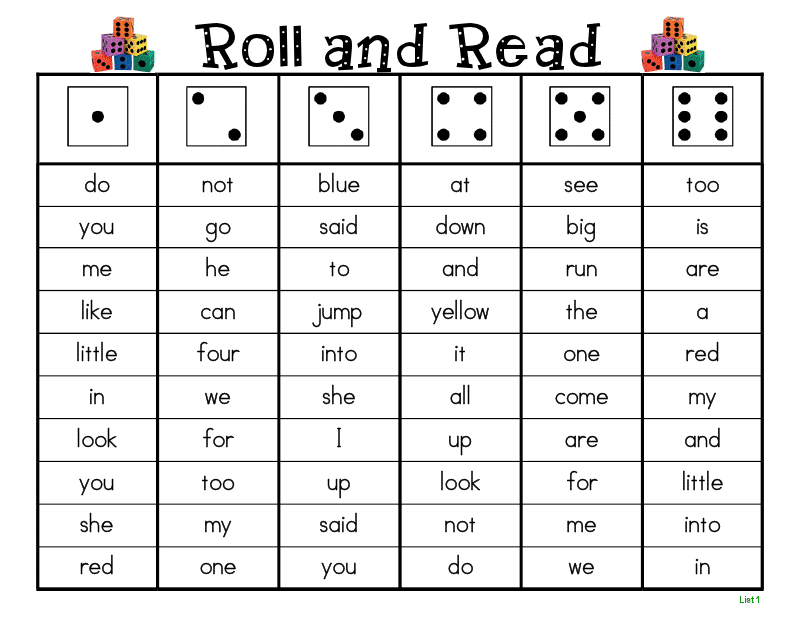 We will not get into long and complicated scientific discussions about their true number, and will simply limit ourselves to this basic five.
We will not get into long and complicated scientific discussions about their true number, and will simply limit ourselves to this basic five.
This whole complex mechanism of receptors, nerve endings and organs ensures the receipt and primary analysis of information about the surrounding world. Each of them is responsible for a separate piece of information, but only by working in combination, they can give us a complete picture of what is happening around us.
Thanks to our ears, we can hear that a portable speaker lover is moving towards us from around the corner. And with the help of vision, we see that the traffic light is green, and it's time for us to cross the road in order to avoid an unnecessary meeting.
The loss of any organ or defect of the senses themselves, for one reason or another (illness, accident, emotional shock, etc.), leads to extremely unpleasant consequences.
If the loss of limbs drastically limits our functionality, then the loss of at least one of the above five leads to situations similar to the famous parable about blindfolded sages and an elephant.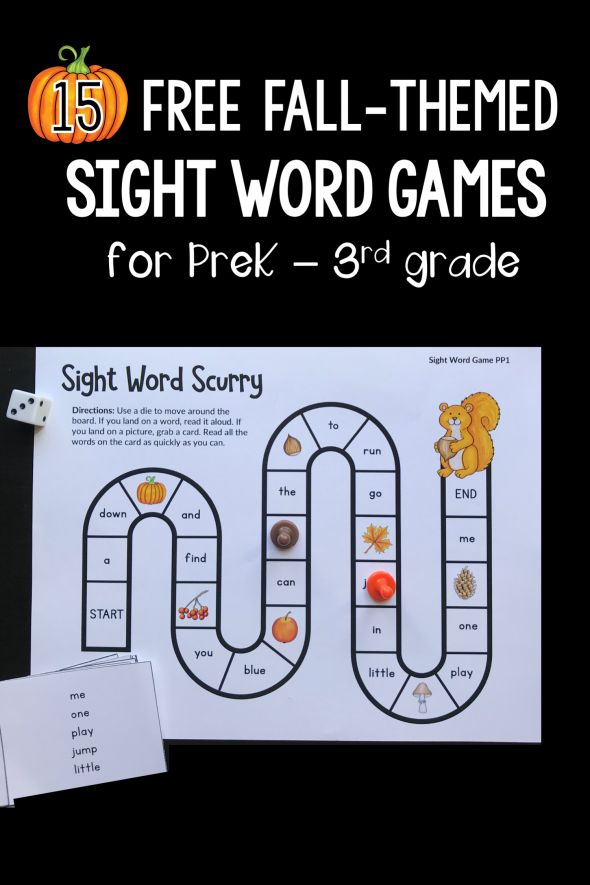 Lack of information from the outside world greatly distorts its very perception.
Lack of information from the outside world greatly distorts its very perception.
In the modern world, gadgets are equally important for both the sighted and the blind
Despite the importance of each, vision still stands apart. Its importance for our life is difficult to overestimate. After all, it is no secret that a person receives most of the information about the world around him through his eyes. The numbers are called different (from 70 to 90 percent, depending on sources and research), but the fact that a large one is an undeniable fact, and reliable, just like a Swiss watch.
It is for this reason that the complete or partial loss of eye contact with the outside world is an extremely heavy blow for a person, after which the introduction of a full life becomes a difficult matter.
Although science is making great strides towards restoring lost vision or transplanting eyes in a "working" state, it is still far from finding a solution to this problem.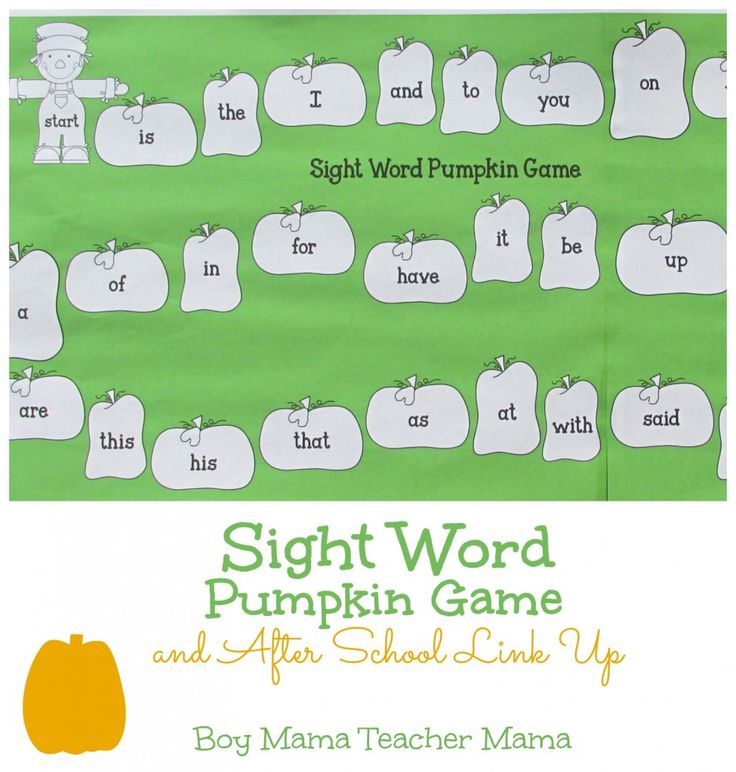 But technological progress has greatly facilitated the ability to use gadgets for the blind and visually impaired.
But technological progress has greatly facilitated the ability to use gadgets for the blind and visually impaired.
Almost all modern smartphones have the Talk Back application installed, which speaks aloud each icon and action, allowing you to easily navigate the interface and use the capabilities inherent in the device. You can install third-party software with similar functionality.
Narrator feature
Similarly, screen readers help with computers. So, if you do not know the skill of touch typing, then the “screen announcer” function will come to your aid. But the most thoughtful in this regard is the program NonVisual Desktop Access (abbreviated as NVDA). It allows you to fully work on the device, browse the web (including not only for the blind), and even create spreadsheets in Excel.
But these are all working moments, but what about video games? After all, with the phrase “blind gaming” a reasonable question arises: how to play these very games, if you don’t even see where you need to go, and what kind of opponent is in front of you? If it is very multiple, then the answer will look like this: a) there are enough games; b) there are ways.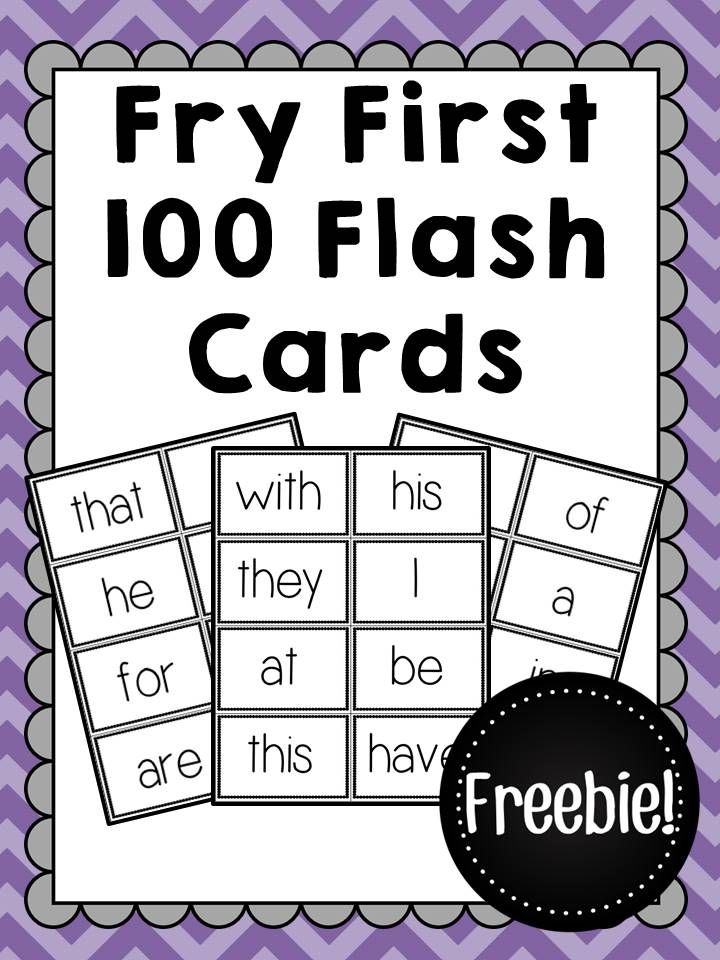
The impossibility of obtaining information visually leads to the fact that games for the blind and visually impaired are a rather specific spectacle. After all, if deaf people can get by with included subtitles, then for the visually impaired, a different approach is required.
The most obvious way for a person with this type of ailment to play is to have a partner (friend, girlfriend, wife, husband, children, etc.) nearby who will instruct the player in direct mode. He will take on the functions of a navigator and will inform the gamer about where to go, who and what to beat or shoot, where to shop, with whom to chat, and point his finger at the one whose career as an adventurer was stopped by an arrow in the knee. Actually, some visually impaired streamers do just that, passing the most ordinary toys.
If this method is not suitable for one reason or another, then developers come to the rescue who have created projects specially tailored for this circle of people.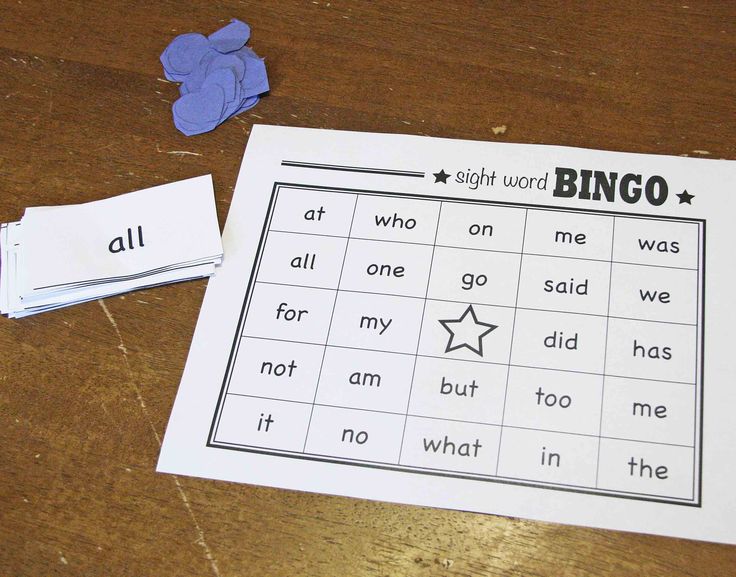
In general, all games intended for visually impaired or completely blind players can be conditionally divided into three categories:
- Projects specially designed for this category of people;
- Audio games;
- "Modified" regular games.
It should also be noted that pure representatives of any one species are very rare. They are usually a combination of the two.
If you want to try out these games yourself, it is better to use the
headphonesFor obvious reasons, for games of the first two categories, the first place is not the picture, but the sound. For this reason, the look represents the pinnacle of design minimalism. A window, a black screen and a couple of control buttons ─ nothing more. Everything works on the basis of special programs and scripts.
The most common genre in this niche are numerous text quests. True, in this case, all text is translated into voice mode.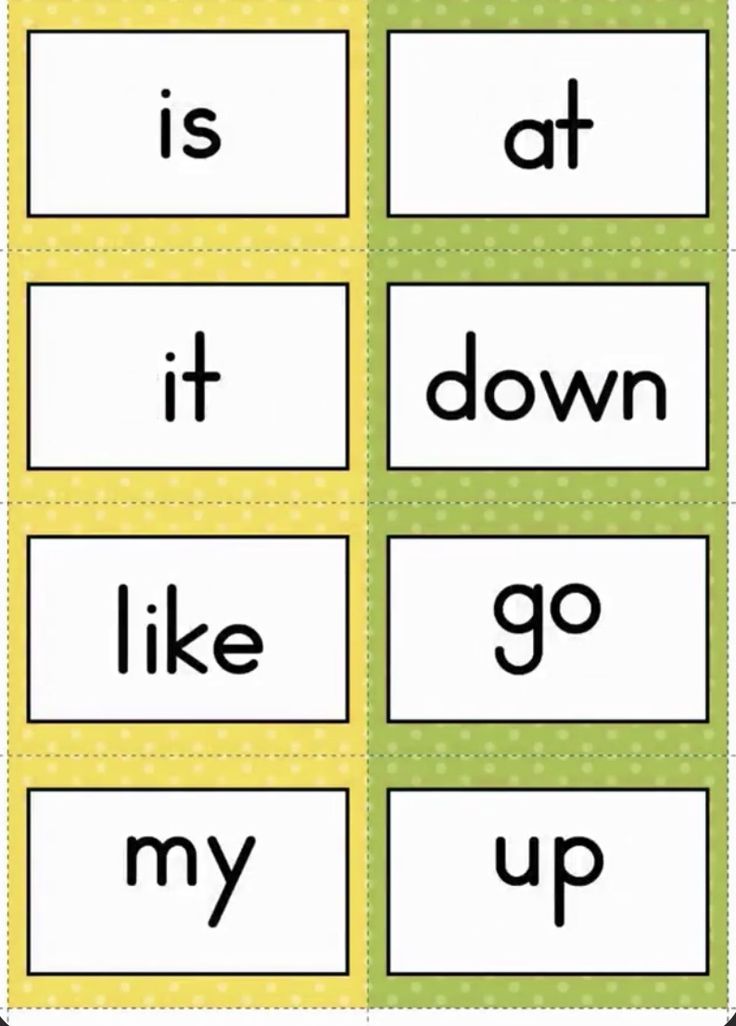 The off-screen voice reads out to the player what is happening, and in the background, for greater immersion in the atmosphere, you can hear various sounds. For example, if according to the plot of the game, the character is walking in the park, then the sounds of steps, the singing of birds, the noise of leaves swaying from the warm summer breeze will sound.
The off-screen voice reads out to the player what is happening, and in the background, for greater immersion in the atmosphere, you can hear various sounds. For example, if according to the plot of the game, the character is walking in the park, then the sounds of steps, the singing of birds, the noise of leaves swaying from the warm summer breeze will sound.
The quests themselves, according to the gameplay, can be divided into two variations. In some, the game provides ready-made options for action, from which the gamer has to choose. In others, the player needs to independently type commands in the editor.
In the second case, it usually provides for the possibility of additional settings for voice reading in order to know which button you pressed (if the touch typing skill was not subdued before). The downside of this method is that the editor "understands" only a certain number of commands, and it will simply not accept some versions that are obvious in your opinion.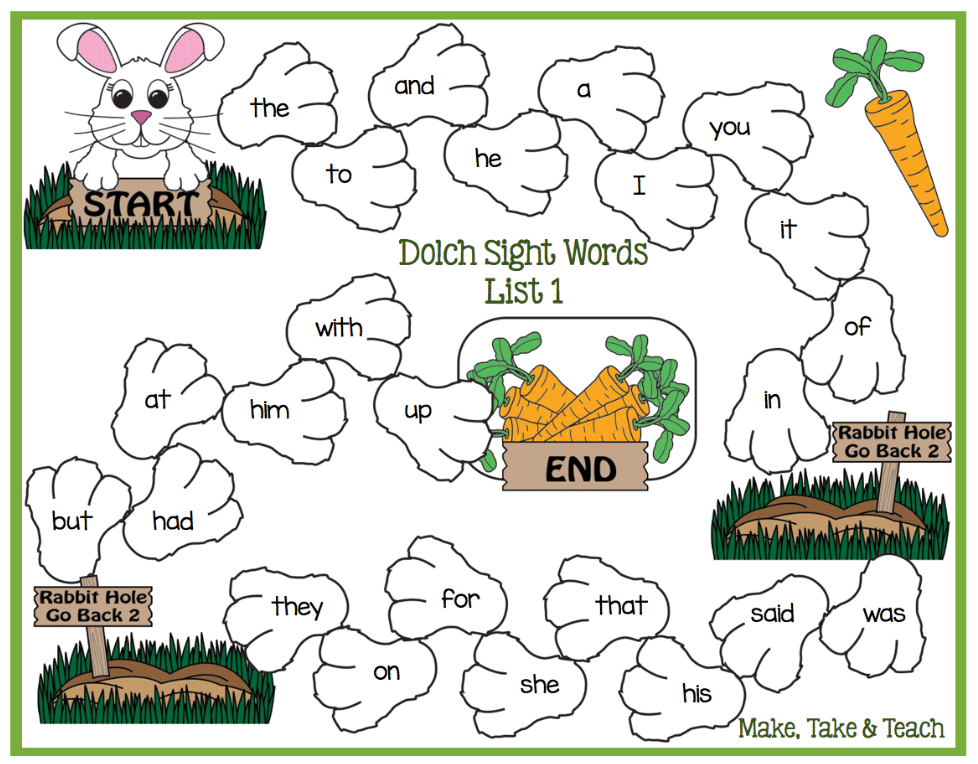
Some craftsmen make audiobook games. True, the mechanics of implementation does not bring anything new. Sound dubbing of the plot, and the choice of forks provided at the right moments, after which the player moves to the appropriate page.
Another pillar is the so-called. audio games. The very name of this subgenre speaks of how important the role of sound is here. Sound is a powerful tool, the skillful manipulation of which can convey a huge amount of information.
And here the ability of a person to correctly analyze what he hears and draw correct conclusions from such information becomes very important. Some games are fully voiced by live actors, while others are limited to a speech synthesizer.
For example, in racing simulations, at the beginning of the game, the player selects the race type, track and car. Any button press at this stage is accompanied by a sound commentary, helping the gamer to navigate and understand how many laps he will have to drive and what car he will use.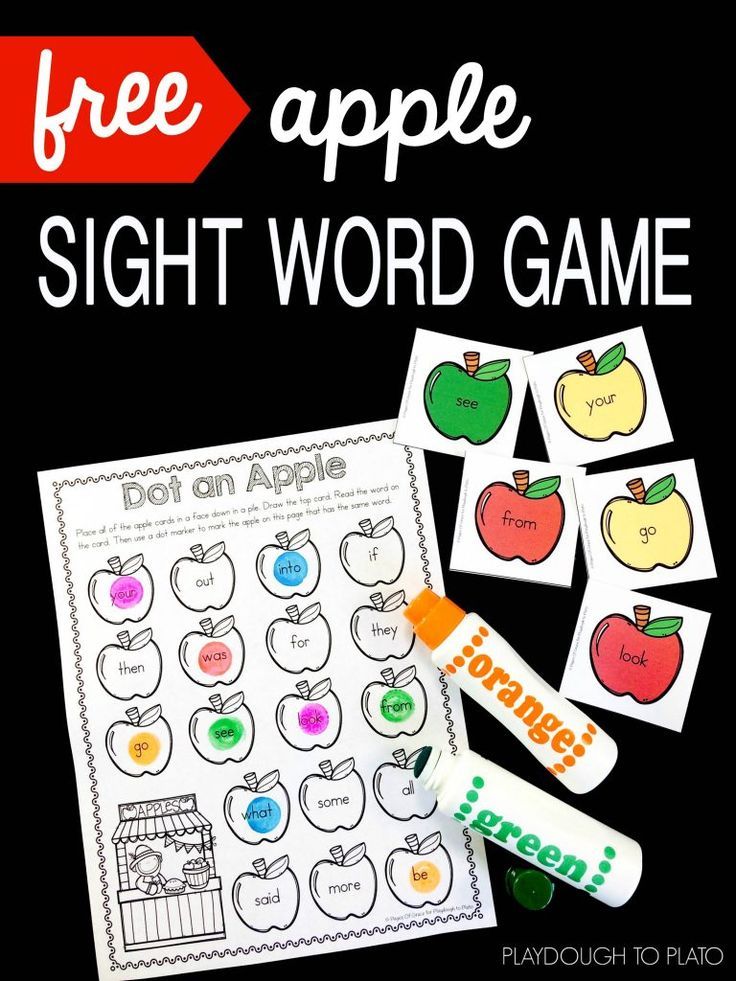
The race itself can also be divided into two variations. In one, the game continues to give voice prompts to the player during gameplay, telling them when and where to turn. In other projects, things are a little more complicated. During the race itself, such hints disappear.
To understand how things are on the track, you can only listen to what is happening. If the quiet roar of the engine is replaced by an unpleasant cascading sound, then the player has left the side of the road and needs to return to the paved surface.
If the car drove into an opponent or crashed into some obstacle, the player will be kindly notified about this with the corresponding sound effect. Flight simulators work almost identically, except for the addition of takeoff and landing.
This gameplay stuffing allows you to create games in many genres: RPG, arcade, fighting, MMORPG, rpg and even shooters. At the same time, these projects are quite demanding on the player, on his skills, the ability to respond in time to the slightest change in sound.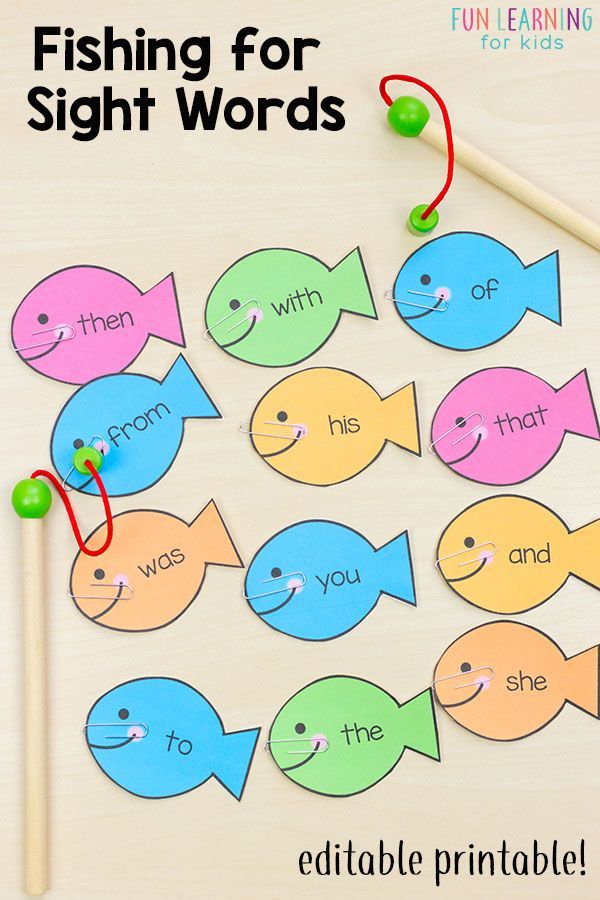
This is especially true of various action games, where there are a lot of such details. For example, when a player approaches a wall indoors, the sounds of footsteps begin to sound a little more muffled (here, of course, everything depends on the specific case, but the general plot is the same).
Another feature that unites such creations of the industry is the minimalistic management. The entire gameplay is sharpened on three or four buttons, which is more than enough not to overcomplicate.
Fighting games are quite a popular genre among the visually impaired
As for the adapted projects, they are ordinary, well-known games, whose controls and game mechanics have been "modernized" for their respective needs. The main layer of such creations is made up of many small logic puzzles, such as Minesweeper, Bulls and Cows, Sudoku, 2048, sea battle. Sometimes you can find good Tower Defense here, and even an audio version of Flappy Bird.
In this field, the efforts of craftsmen are especially felt, which in most cases work on bare enthusiasm, but on a cup of “thank you”.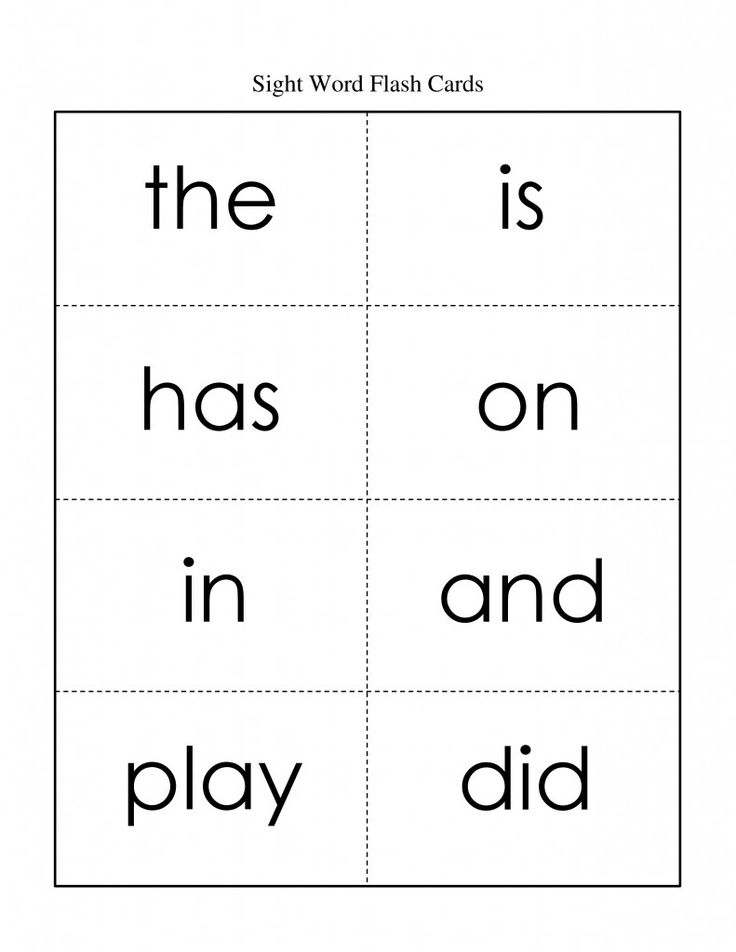 Various mods and trainers add to the gameplay (or modify it) those things that the visually impaired, alas, cannot play without - sound accompaniment and voice acting for all texts. The main thing is that the controls are clear, and the effects are well chosen. That is why they are mastered by players once or twice.
Various mods and trainers add to the gameplay (or modify it) those things that the visually impaired, alas, cannot play without - sound accompaniment and voice acting for all texts. The main thing is that the controls are clear, and the effects are well chosen. That is why they are mastered by players once or twice.
Separately, I would like to note the major gaming titles, which, with the help of the same mods, were adapted for blind and visually impaired gamers.
Modification NFS: Hot Pursuit greatly simplifies the physical model of car damage, and makes the behavior of artificial intelligence more "primitive". In addition, the career mode and tuning are cut from the game, for obvious reasons. So you can ride on fictional tracks for your pleasure.
Need for Speed: Hot Pursuit
A similar experience can be experienced from a mod installed on GTA: San Andreas. The story of Carl Johnson's adventures and (spoiler) Big Smoke's betrayal is still inaccessible to the visually impaired.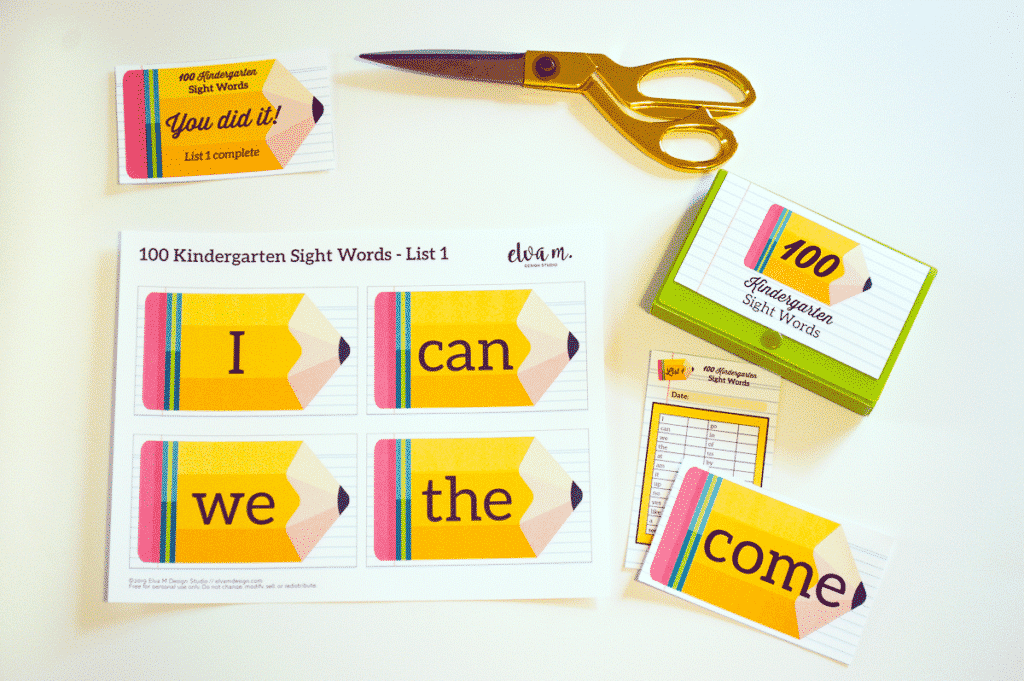 But the player can freely run around the city, fly a helicopter, test the arsenal at hand and try to make his own hell and Israel.
But the player can freely run around the city, fly a helicopter, test the arsenal at hand and try to make his own hell and Israel.
Grand Theft Accessibility Mod, designed for the fifth part of the "Great Car Theft", adds the ability to teleport to different corners of the map, collect information about nearby objects, get information about your location, autodriving, and of course sound signals.
The modification for the third part of Saints Row works in a similar way. Adapted Duck Hunt allows you to hunt birds in several modes at once.
And if you see a person typing something on the keyboard with a black screen, and strange sounds are heard from the speakers, then it may well be that he is playing Half-Life 2 with a mod for the blind. For Doom 1993 a small location was created where the player can safely move around and engage in good old ultra-violence towards hellish creatures.
You can also play good old Duck Hunt
Fighting games are much more widely represented, because they are perhaps the easiest to adapt accordingly.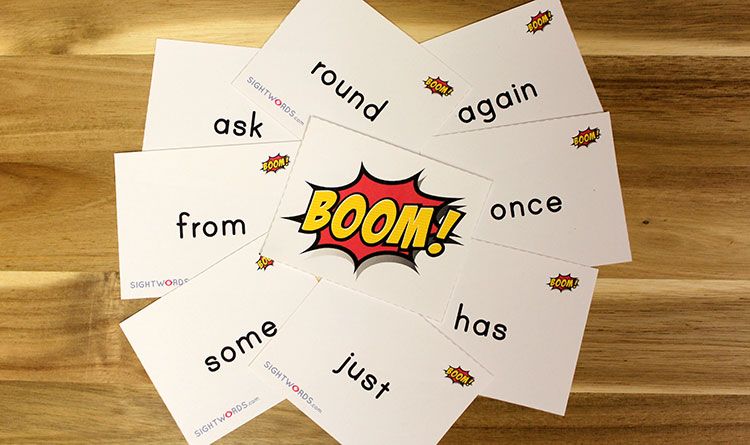 Not surprisingly, the list here includes Mortal Kombat, Injustice, and Tekken. Moreover, in them even the story campaign can be completed. This is achieved with the help of "embedded" reader programs that quickly comment on what is happening on the screen, so that the gamer understands what is happening in the arena.
Not surprisingly, the list here includes Mortal Kombat, Injustice, and Tekken. Moreover, in them even the story campaign can be completed. This is achieved with the help of "embedded" reader programs that quickly comment on what is happening on the screen, so that the gamer understands what is happening in the arena.
In general, it can be noted that such mods for large and well-known titles "correct" the gameplay itself, making it more accessible. But at the same time, they have practically no effect on aspects such as the voiced menu. In addition, even such "improvements" do not allow you to go through these games from start to finish (except for fighting games).
And another, actually obligatory element, are cheats. In normal gaming, they can be treated as you like, but here it is a necessity. Usually only the simplest ones are used (for immortality, an endless arsenal, etc.).
Mobile game A Blind Legends
The visually impaired have not bypassed mobile gaming, which is also represented by many projects of various genres.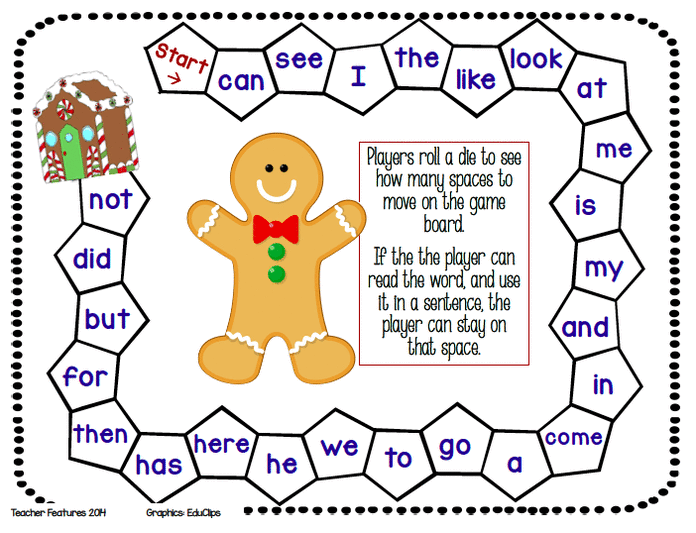 They work according to the above patterns, using voice acting and voice prompts.
They work according to the above patterns, using voice acting and voice prompts.
Some developers combine these methods. That is, a part of the game can be made in the form of text descriptions, and the game activities themselves, directions of movement, objects with which you can and should interact, are made in the form of separate links.
Moreover, in some projects, there is a kind of feedback system. Gamers make their proposals, after which a vote is held. The best ones are sent to the developers who add this extra content. It can be just new types of achievements, as well as additional quests and locations.
In terms of content, there are projects for entry-level, easy to learn, and more complex, designed for those who have already mastered the basics of blind gaming and want a little hardcore.
In A Blind Legends, for greater authenticity, the player will play as a blind knight. Therefore, the entire screen is covered with an impenetrable fog, through which you have to get through and find the kidnapped relatives.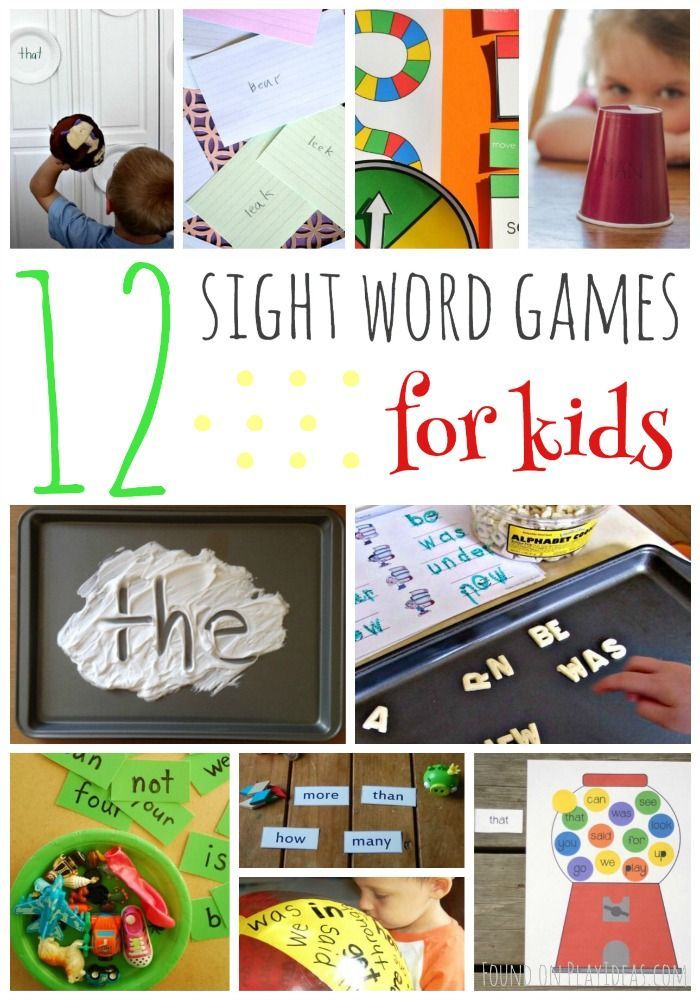 Despite the ailment, the hero can safely move around, fight and perform combos (which no one will see).
Despite the ailment, the hero can safely move around, fight and perform combos (which no one will see).
For convenience, the sound was recorded in binoural mode, taking into account the anatomical structure of the head and ears. The audio-horror BlindSide and the two parts of Papa Sangre (which actually has a visual design) work on the same principles.
The second part of the game Papa Sangre
However, most of these games are not without their drawbacks. A significant number of such projects suffer from poor technical implementation (too small icons, broken game elements that should but don't). Other developers sin by overloading the interface.
The fact is that such a decision leads to an increase in information that needs to be voiced. And as you understand, this often merges into a cacophony of sounds, which is why it is often extremely difficult for players to understand what needs to be done and how to play it. And for simply visually impaired people, such a visual “overload” does not help in any way to concentrate on something specific.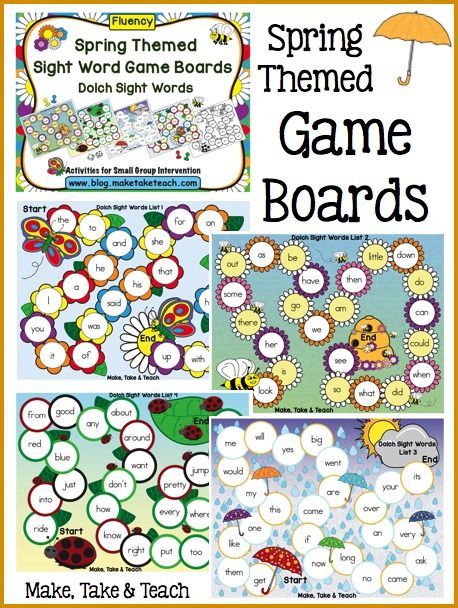
And the icing on the cake of all this is the poor quality of voice acting, which practically negates the opportunity to have a good time. In addition, when viewing a number of browsers, it was noticed that some control buttons were not voiced, which is also a big blunder.
In addition, such projects suffer from the same ailments as many other mobile games. The gameplay is often monotonous, which quickly leads to boredom and abandonment. Some are brought down by a very crooked balance and constant hints of donations.
So, in a number of projects, for example, in approximately similar "Generals" and "Lords", the resources necessary for pumping are provided extremely reluctantly, but they are kindly offered to purchase for a handful of blood shekels.
Adam Jensen is doing great with his eye implants. In our world, this is still very far away
Games for blind and visually impaired people perform not only entertaining, but also educational functions.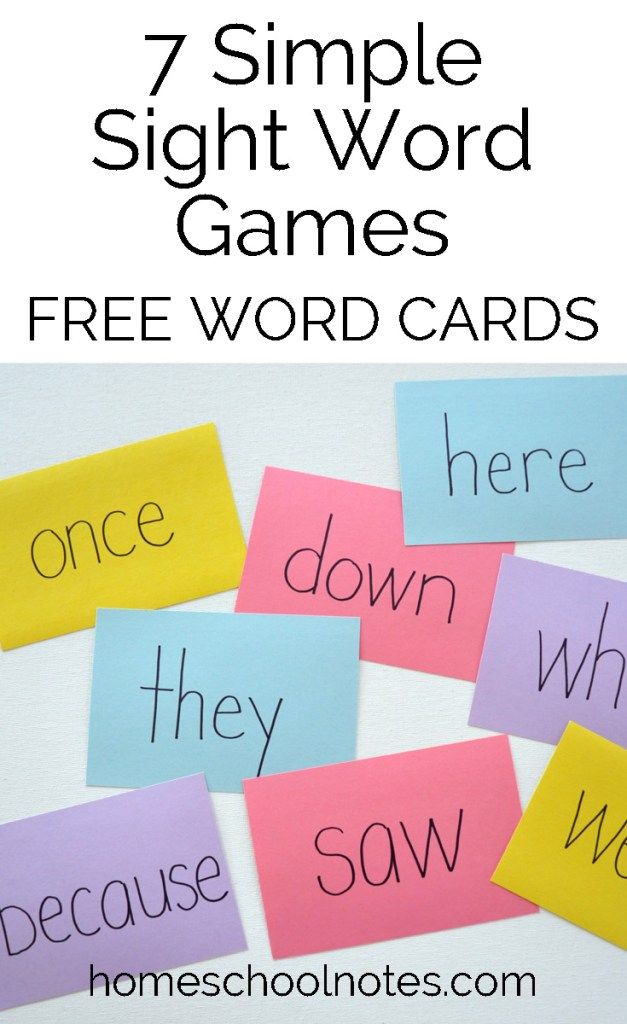 With their help, one can develop skills that will be extremely useful in everyday life, both for those who have this ailment innate, and for those who were overtaken by this misfortune later.
With their help, one can develop skills that will be extremely useful in everyday life, both for those who have this ailment innate, and for those who were overtaken by this misfortune later.
A huge number of different adapted creations aimed at the development of general erudition, logical thinking and work with the coordinate system. The most successful examples here are voiced versions of chess, "sapper", "Oh, lucky man" and some card games, such as "fool" or "solitaire".
Various voice puzzles are quite common, helping to develop a reaction, pump attentiveness and the ability to listen to the sound. For example, there are a lot of projects that require objects to be placed in several rows over a period of time that sound the same.
Or a game in which for a certain number of moves, the player, acting in a table of 25 by 25, must drive the cat up a tree, not allowing it to jump out onto the fence.
As you understand, you need to focus only on the sound.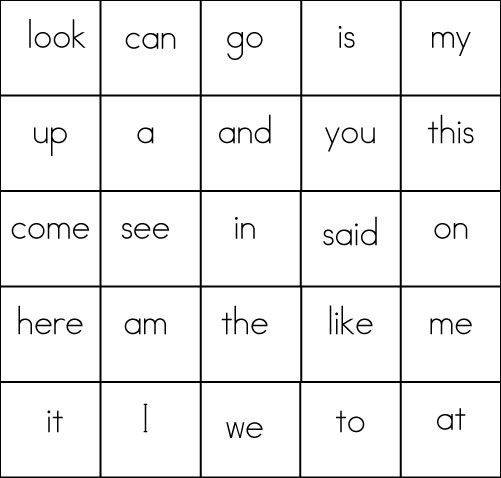 Various sports simulators (especially table tennis) have a fruitful effect on improving reaction speed.
Various sports simulators (especially table tennis) have a fruitful effect on improving reaction speed.
Various racing or RPG shooting games, along with specially designed mazes (without Theseus and minotaur) and other simulators that require memorization of the route, are great for boosting your memory and orientation skill in space to understand where you are. In Grizzly Gulch Western Extravaganza, not only the reaction is important. You can lay out a poker game by ear, and your ability to memorize the cards will help a lot.
It is impossible to pass by such a moment. As already mentioned, special games can be used as educational material regardless of age, including for children, in order to develop the necessary qualities from an early age.
However, there is an ethical side to this. After all, it’s not just that there are age ratings that relate not only to visual content, but also to sound content. From the sounds of shooting, explosions, killing the enemy, it is desirable to fence the immature minds up to a certain point.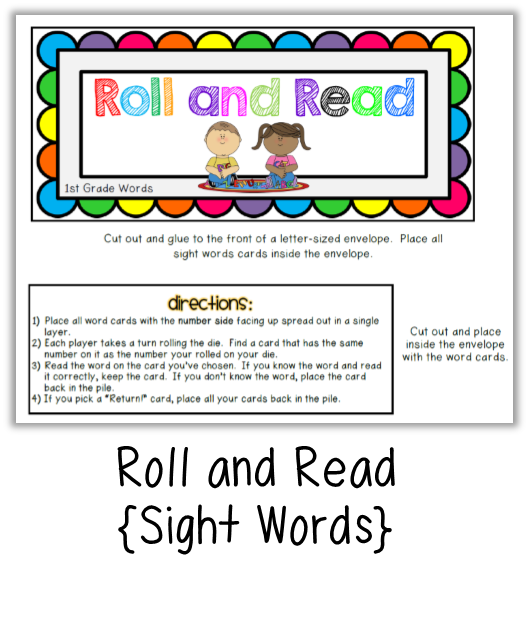 Therefore, developers often have to make two versions of the same game, with different sound effects, appropriate for children.
Therefore, developers often have to make two versions of the same game, with different sound effects, appropriate for children.
In the universe of comics from Marvel and DC or in the world of victorious cyberpunk, people with certain ailments that interfere with everyday life are relatively lucky.
Some genius, billionaire, playboy and philanthropist can easily take a break between saving the world and parties with super models and design a super fancy prosthesis for you. And the improvement of the body with augmentations or the replacement of lost (or damaged) limbs and organs with biomechanical implants in such works is as common as snow in winter in Siberia.
Bato's artificial eyes helped the operative a lot in alterations (anime "Ghost in the Shell")
But in our reality with you, there is still a long way to go before such successes in medicine. Despite all the latest achievements of technological progress, which is pouring into our daily life by leaps and bounds, we are still very, very far away from such a level of replaceability and recoverability of damaged areas and organs of the body.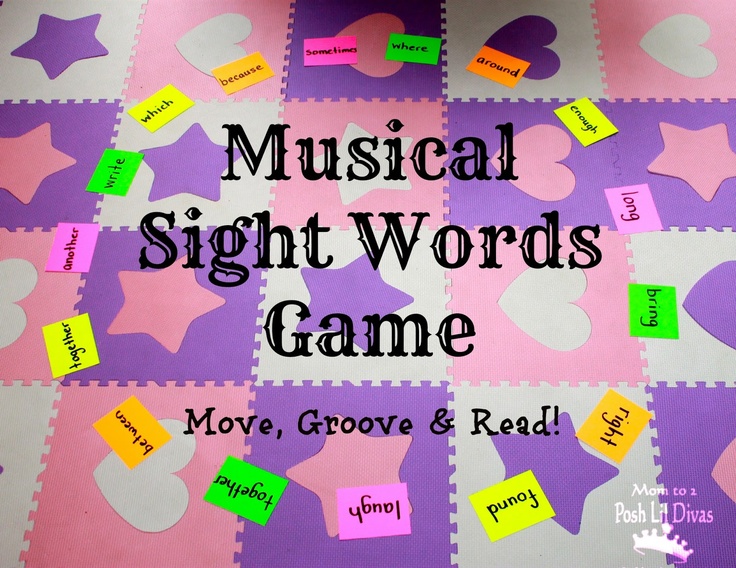
Yes, the hard work of many scientists, doctors, cybernetics has made it possible to achieve significant results in this field. Many complex prostheses have appeared that have the highest possible functionality, sometimes not inferior to the “original” arms, legs or eyes.
However, they have not yet fully integrated into our lives. And we are talking not only about such complex devices as eye replacement, but also about ordinary prostheses. Most of the “pumped” prosthetic options are still quite bulky and inconvenient to use.
In addition, decent models require a large number of colored pieces of paper with numbers, which makes them inaccessible to the average member of society.
Yes, if the industry continues to gain momentum, it is quite possible that in some 4-6 years they will cost as much as phones or laptops, which would greatly increase their availability for the vast number of people who need these devices.
Material by Anton Pauli about gamepads for people with disabilities
Sometimes large developers add additional settings to their games for players suffering from this ailment.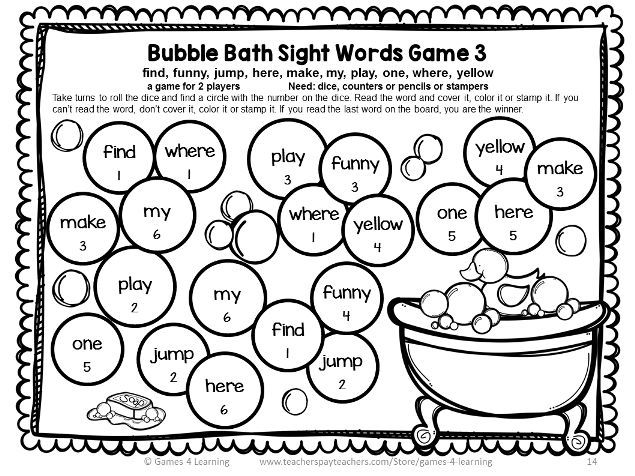 The Last of Us Part 2 has over 60 options for people with disabilities regarding sound, visuals and difficulty.
The Last of Us Part 2 has over 60 options for people with disabilities regarding sound, visuals and difficulty.
Whether the example of Naughty Dog will become contagious, or whether it will be a point phenomenon, only time will tell.
6 board games to improve English / Sudo Null IT News
Learning gamification is a great way to motivate a student and improve their results.
The reason is simple - games help to maintain a stable and high interest in the subject. And there the mechanisms of memorization and associations are switched on. Have you noticed that the lyrics of the song that you liked do not even need to be taught? It is remembered as if by itself after several listenings.
If you delve into psychology, then interesting information immediately creates a stable chain of associations with existing knowledge. And the more such associations, the faster the information will go into long-term memory.
Today we will talk about a whole section of games that are undeservedly forgotten - board games.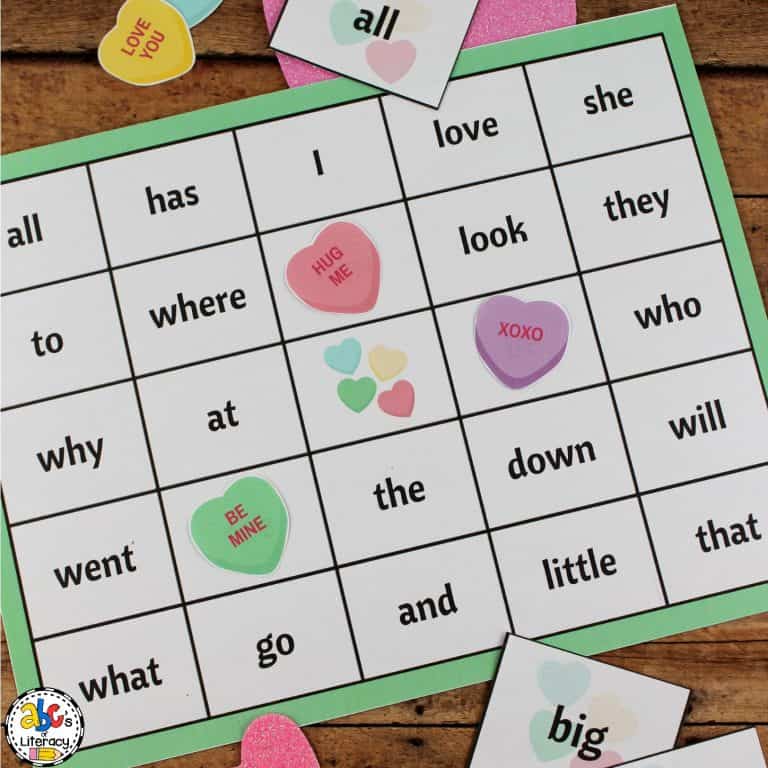 And we will tell you what desktops will help you improve your English skills.
And we will tell you what desktops will help you improve your English skills.
All of these desktops can be purchased online without any problems. Ready? Go!
Scrabble
It would be very strange to talk about board games for improving English and not mention Scrabble.
Scrabble is a board game legend that combines extremely simple rules with fun. Naturally, we need an English version of the game.
The complexity of the rules. Low
Strategy level. Average
Trains skills: Mindfulness, vocabulary, anagramming, finding the optimal strategy.
Rules
Players are given 7 tokens with letters. Players must place their chips on a 15x15 field in such a way that words are formed in the manner of a crossword puzzle. That is, you can read words only vertically and horizontally.
Each letter has its own value. And the less often it is used in words, the more points you get when using it.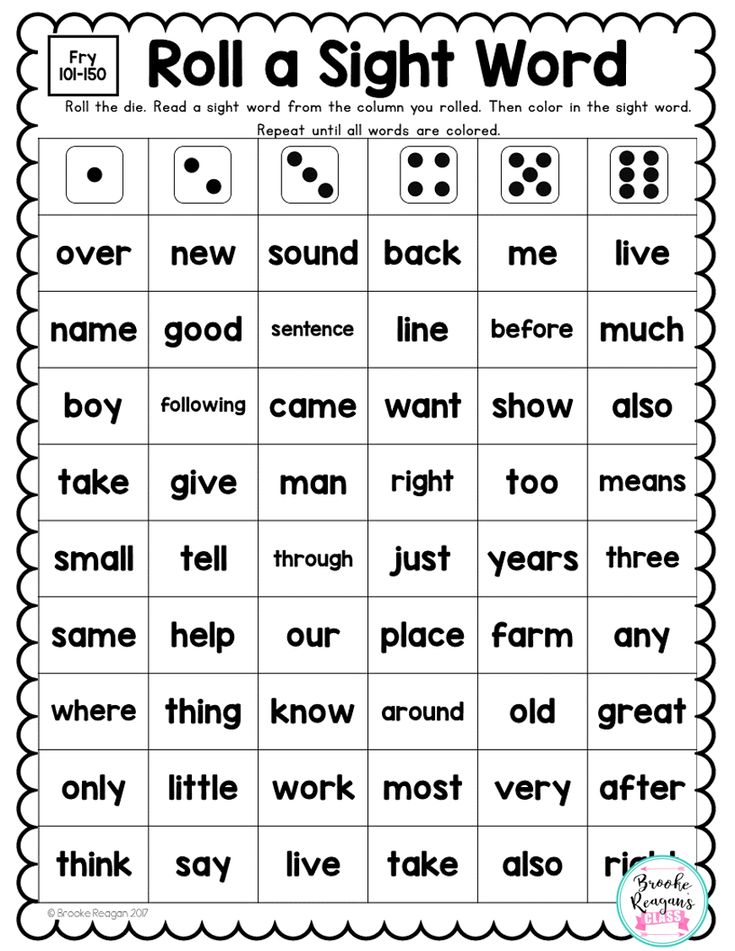 For example, "A" or "C" is worth only 1 point, "F" is worth 4 points, and "Q" is worth 10 points. Points from all letters used are counted and recorded.
For example, "A" or "C" is worth only 1 point, "F" is worth 4 points, and "Q" is worth 10 points. Points from all letters used are counted and recorded.
The game is played up to a certain number of points. Whoever reaches it first wins.
Benefits
Scrabble is great for learning English vocabulary. Actually, the more words you know, the higher your chances of winning. You can check the presence of a word in any dictionary of the English language. It is better, of course, to use online dictionaries - for example, Oxford Dictionaries. The total allowed words are about 260,000 pieces.
If you don't know the word your opponent posted, take a few minutes to look up its meaning. So you can replenish your vocabulary during the game.
Once Upon A Time
It was released in Russian under the title "In a certain kingdom", which, as it were, hints at the meaning of entertainment. The task of the players is to tell a fairy tale or a fantastic story with the help of special cards.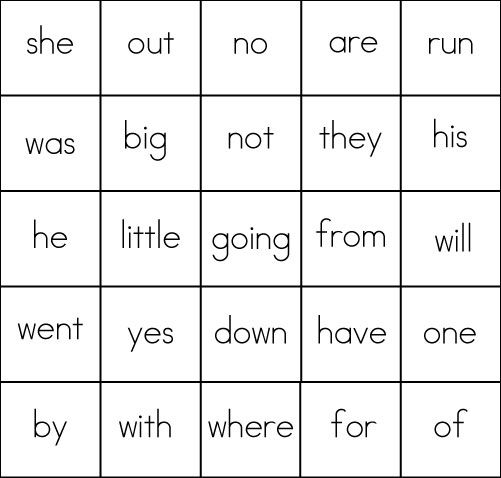
Rule difficulty: low
Strategy level: low
Trains skills: listening comprehension, sentence formation, language coherence, storytelling, mindfulness, logic.
Rules
Each player has a set of cards with characters, locations, properties, and actions, and one ending card.
Players need to tell a story using their own cards. In this case, it is imperative that each card is important for the advancement of the plot.
If the opponent in front of you is silent, confused, or contradicts an already told story, you can intercept the move and start telling yourself.
The game largely depends on the "talkativeness" of the players. It is clear that at first it will be difficult to compose a fairy tale in English, but these are only the first few games.
To play for time and come up with the next plot twist, you can add colorful descriptions, dialogues, or some interesting little things to the fairy tale.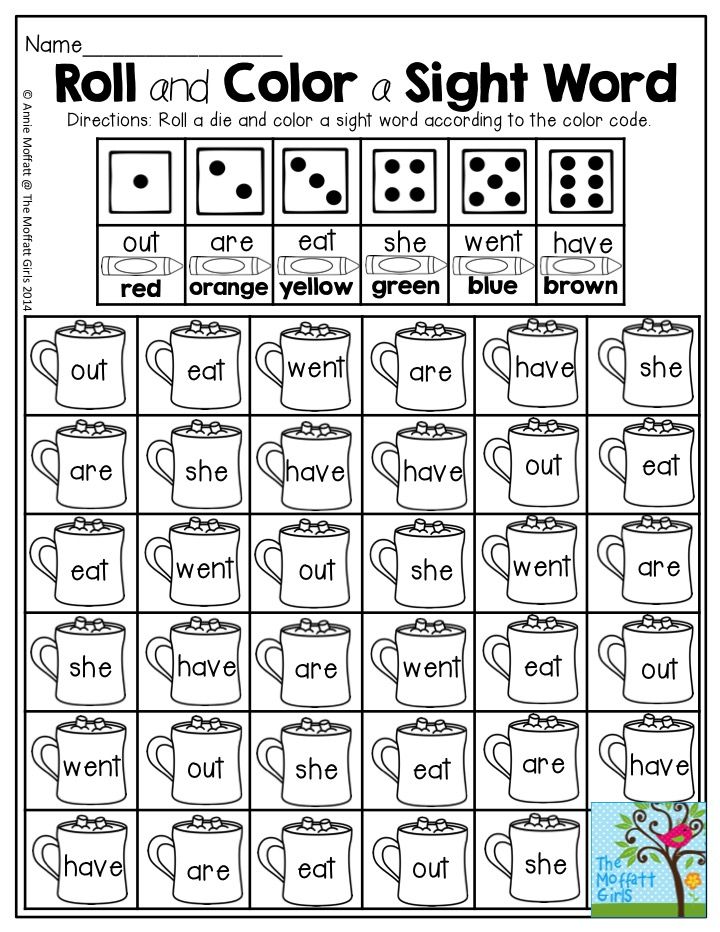 The fairy tale will only benefit from this, and you yourself will benefit even more from such training.
The fairy tale will only benefit from this, and you yourself will benefit even more from such training.
It is important not only to tell the story yourself, but also to listen to others. Therefore, "Once Upon A Time" is great for people with approximately the same level of language proficiency.
Benefits
Creating a story on the go allows you to develop the beauty, coherence and logic of speech. You need to not only use your vocabulary to create a story, but also connect the story to the cards you have in your hand.
Say as much as possible here. After all, too much pause will lead to the interception of the move. And over time, quantity turns into quality, telling a story becomes easier. And you will be able to speak fluently in English, about anything and for as long as you like.
Sounds like a plan
Sounds like a plan is considered a party game, but it's also great for improving English.
The task of the players is to give advice.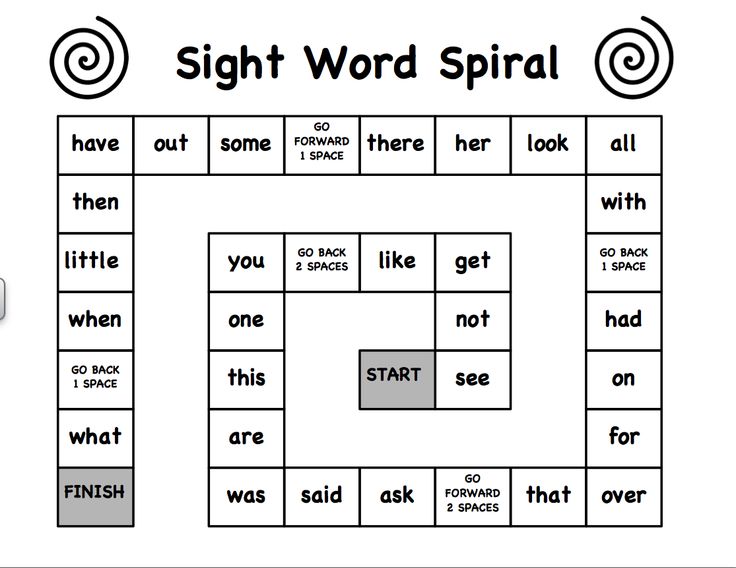 And the extent to which these tips will be in the topic will mean the number of your points.
And the extent to which these tips will be in the topic will mean the number of your points.
Difficulty of rules: low
Strategy level: low
Trains skills: reading, perception accuracy, thinking speed, logic.
Rules
Each player has cards from the Advice deck. Nearby there is a common deck "To Do List" (To Do List), from which each of the participants draw cards. Each turn is one action.
The goal of the game is to choose advice from your cards that will best suit the situation.
For example, you need to "Plan a family reunion". The cube shows what type of advice is needed: the best, the worst, from a child or from a grandmother. Then each player draws a card with advice on that score. The participant who drew the "To Do List" card ranks the player cards from the most relevant advice to the least relevant advice.
The game turns out to be very fun, and the Pre-Intermediate level will be quite enough to participate in it. Unknown words can be looked up in the dictionary - this will practically not affect the speed of the game. But in this way you can learn to quickly correlate and filter information in English.
Unknown words can be looked up in the dictionary - this will practically not affect the speed of the game. But in this way you can learn to quickly correlate and filter information in English.
Benefits
From an English point of view, the game is quite simple. After all, in fact, you only need to correctly understand the meaning of several written sentences. However, it allows you to expand your vocabulary and replenish your stock of idioms and popular phrases.
Taboo
An excellent game in which you have to explain a word to your team without naming it or any other words that are directly related to it.
Complexity of rules: low
Strategy level: low
Trains skills: description of words, associations, thinking speed in English, use of active and passive vocabulary.
Rules
Everything is extremely simple. You need to explain as many words as possible in one minute. The word itself, of course, cannot be named.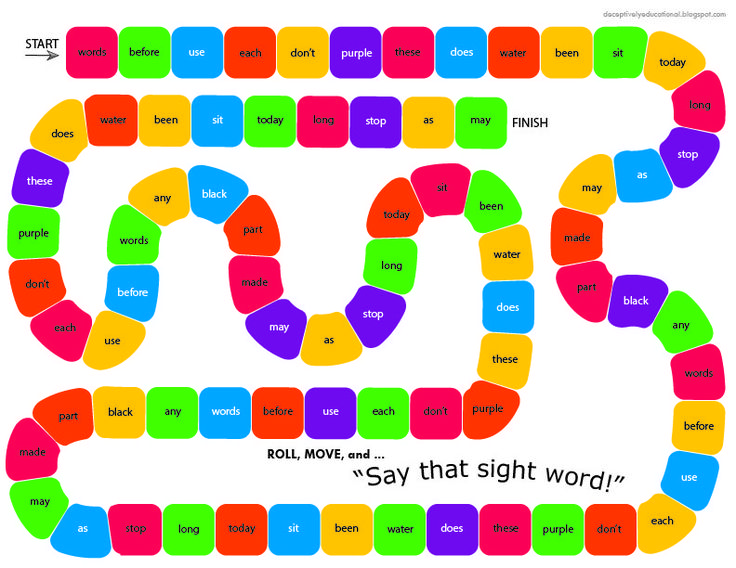 But you also can’t name other words that are directly related to it - they are written in the “Taboo” block.
But you also can’t name other words that are directly related to it - they are written in the “Taboo” block.
For example, you need to explain the word "basketball". The words "sport", "basket", "basketball player", "ball" are prohibited. And now get out as you want.
The style of the game is a bit like "Crocodile", but here it's just impossible to explain the word with gestures - only words. By the way, this is one of those games for which you don’t even have to buy a special deck of cards, because you can invent words yourself.
Benefits
It turns out that explaining even the simplest word in this way is quite difficult. The game perfectly trains the skills of instant use of vocabulary.
After all, in one minute you need to explain as many words as possible. Literally in a split second, you need to understand how to explain the specific word “without taboo” as intelligibly as possible.
The game "Alias" is very similar to "Taboo" in meaning - they differ only in the features of scoring and penalty systems.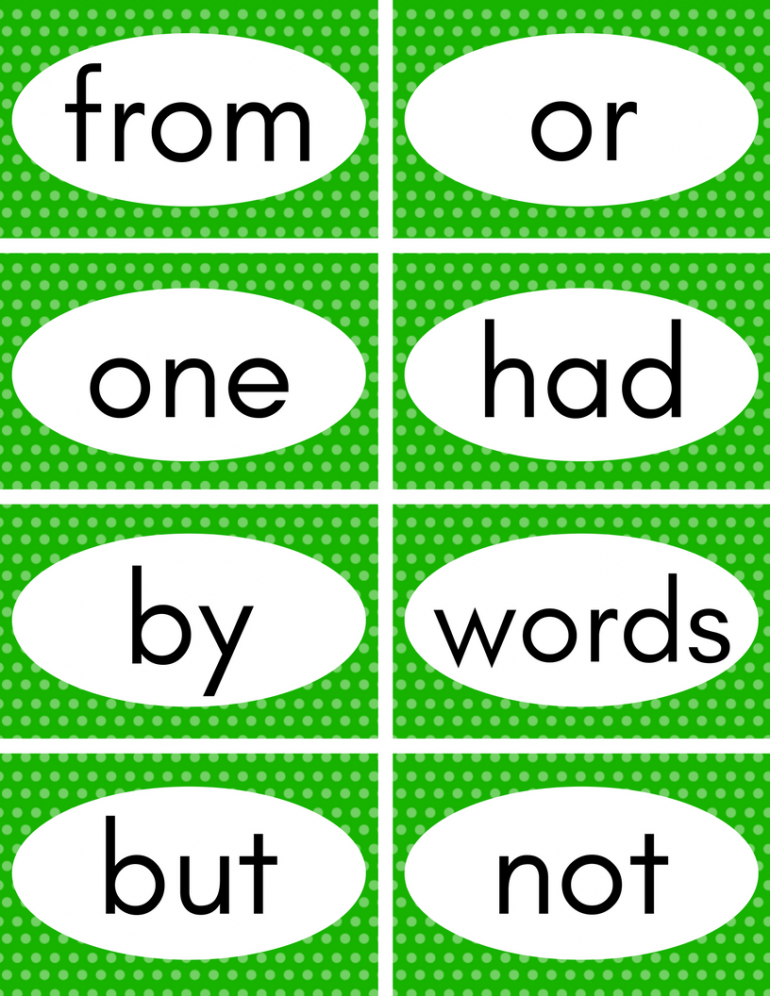 So if you wish, you can choose any of these two games.
So if you wish, you can choose any of these two games.
Mad Gab
An extremely interesting phonetic game in which you have to guess a phrase by its sound.
Difficulty of rules: low
Strategy level: low
Trains skills: listening comprehension, use of vocabulary, phonetic associations.
Rules
Before the start of the round, the judge selects several cards. They are bilateral. On one side is written a nonsensical set of words, and on the other is a popular phrase that phonetically resembles the set of words on the first side.
For example: "Heaven Iced Hey" - "Have a nice day".
The task of the first player is to pronounce a set of words in such a way as to guess the answer phrase.
The second player knows the answer and tells the first one exactly how to say the phrase. He can give clues about speed, intonation, accents, but cannot in any other way suggest the meaning of a phrase.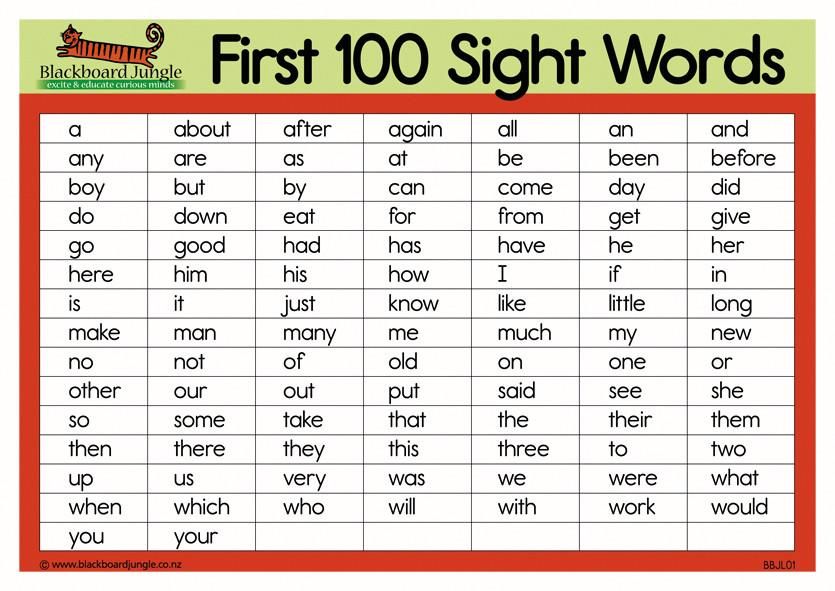
It is necessary to guess as many phrases as possible in the allotted amount of time. Most often within 3 minutes.
Benefit
"Mad Gab" is just a great game for practicing English listening. If you learn how to play it well, then understanding even the accent of Indians or Chinese is not difficult.
The game also well includes an associative series, because the sounds of the riddle and the answer phrase are very similar. Often the answers are daily phrases that are used frequently - the more interesting their search will be.
Apples to Apples
A simple company card game in which the goal is to choose a word that best matches the main card. Association game and communication between rivals.
Complexity of rules: low
Strategy level: low
Trains skills: vocabulary, associative array, thinking speed.
Rules
The rules are a bit like “Sounds like a plan”, but you need to match the description to a specific word or description.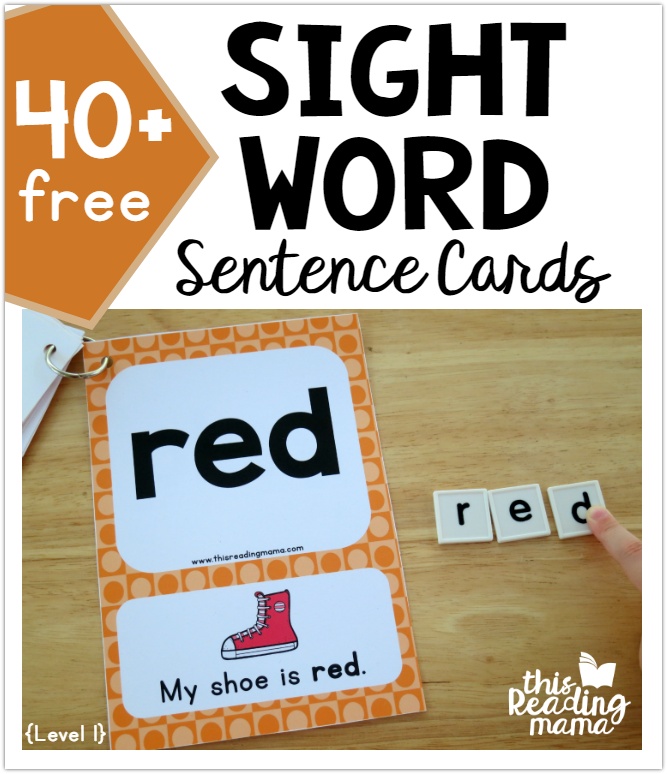
Each player has a certain number of cards in his hand from the red deck. The host of the round chooses one card with a word from the green deck - it becomes the main one.
The task of the players is to choose from their hand a card with a word that will match the main card as closely as possible.
For example, the green card on the table is "cute". The cards in your hand are Lawnmower, Clown, Bottle, Sports, and Kitten. Naturally, the most appropriate word would be "kitten".
After all players have put down their cards, the facilitator chooses the most suitable one. The choice is always subjective, so the players also need to take into account the possible reaction of the presenter.
The player who chose the most appropriate word takes the green card for himself. The first player to collect a certain number of green cards wins the game.
Benefits
Apples to Apples is a good vocabulary training.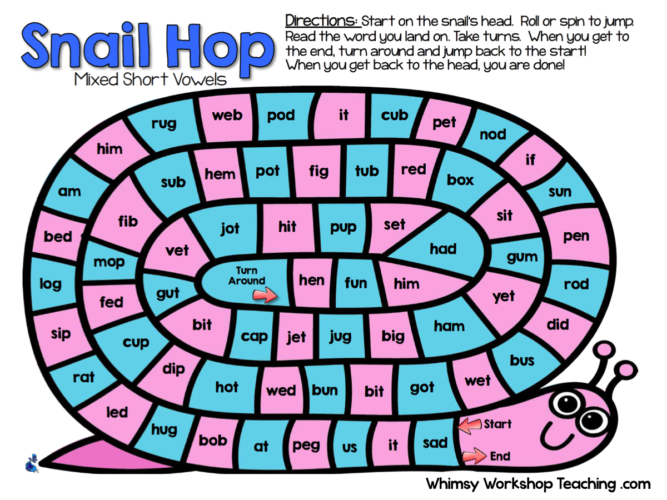 Most of the words written on the cards are fairly common. And if you consider that the number of cards in the game is from 200 to 400 (depending on the version), then this is a very good way to learn a few hundred new words or consolidate those already learned.
Most of the words written on the cards are fairly common. And if you consider that the number of cards in the game is from 200 to 400 (depending on the version), then this is a very good way to learn a few hundred new words or consolidate those already learned.
***
Conclusions
Buying any of these board games in English is easy. In online stores, they are in sufficient quantities.
Board games are a great way to spend time with family or friends and practice your English along the way. If you're in a conversation club, try bringing one of these games to the meeting. And we assure you, classes will become much more interesting.
In this list, we specifically did not include games with complex rules or highly strategic ones. After all, you can play Dungeons & Dragons in English if you really want to. But before that, you need to be mentally prepared to read and understand the rulebook for several hundred pages.
There are only proven simple entertainments, which, nevertheless, perfectly help to improve English.